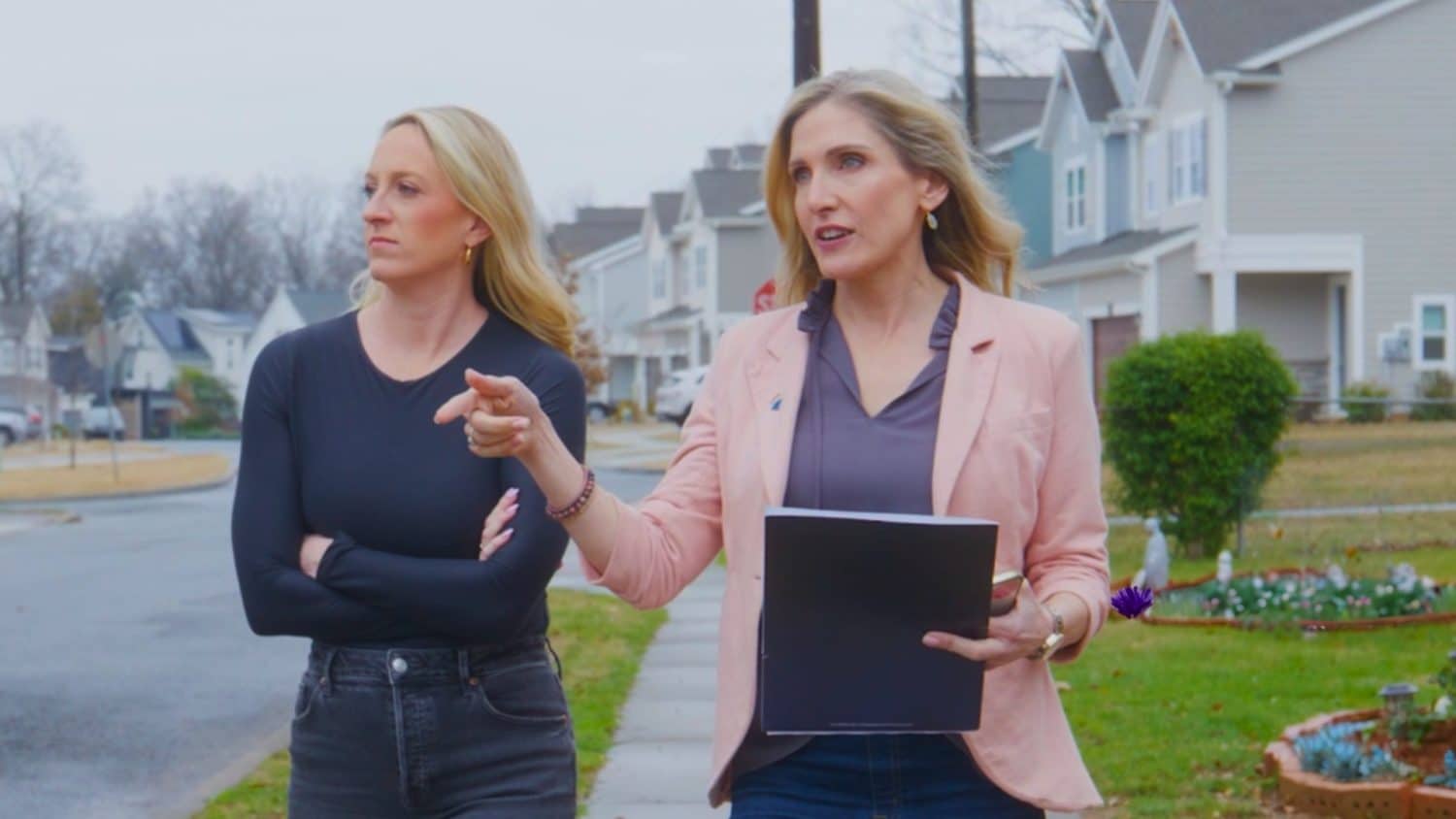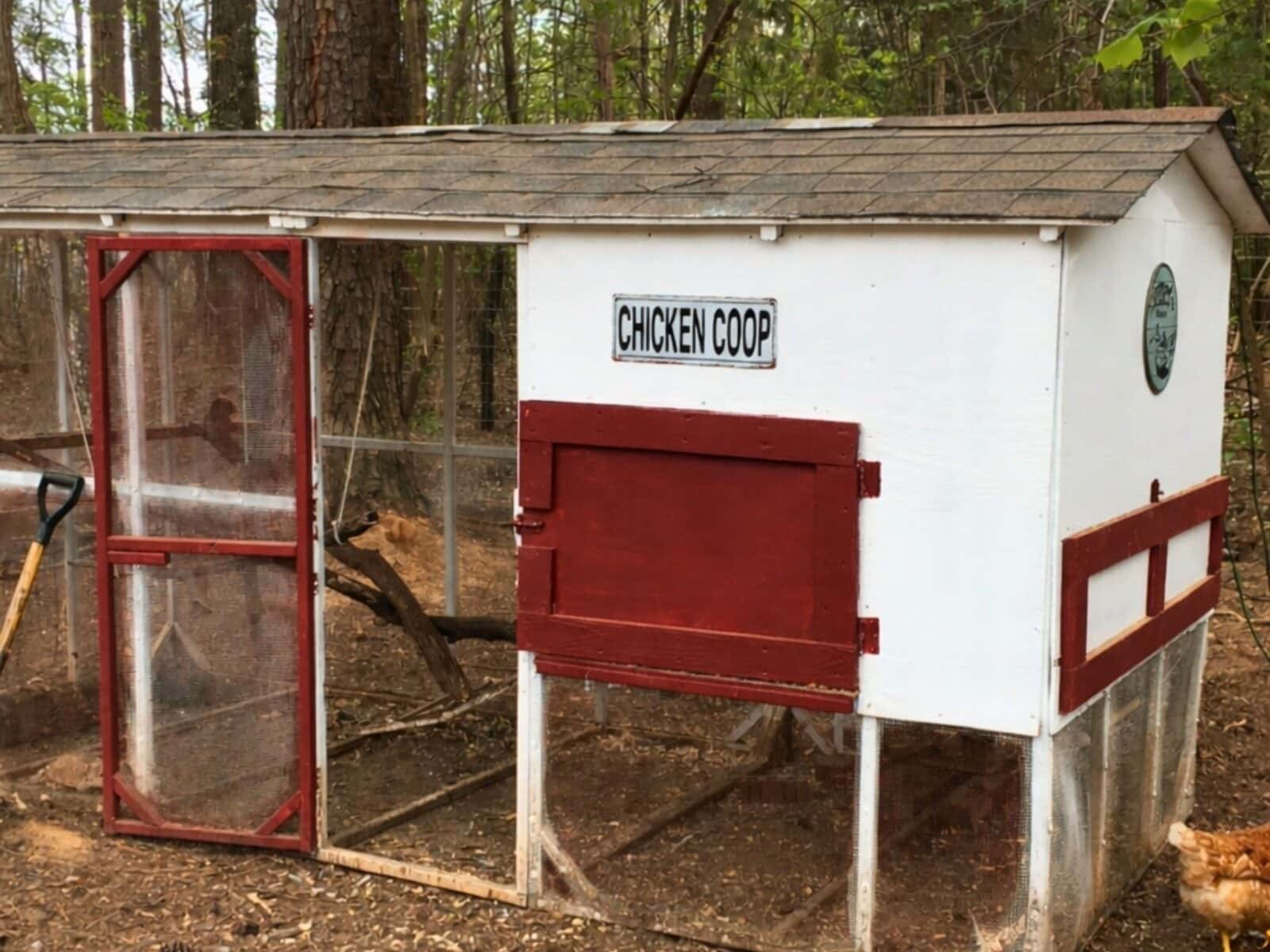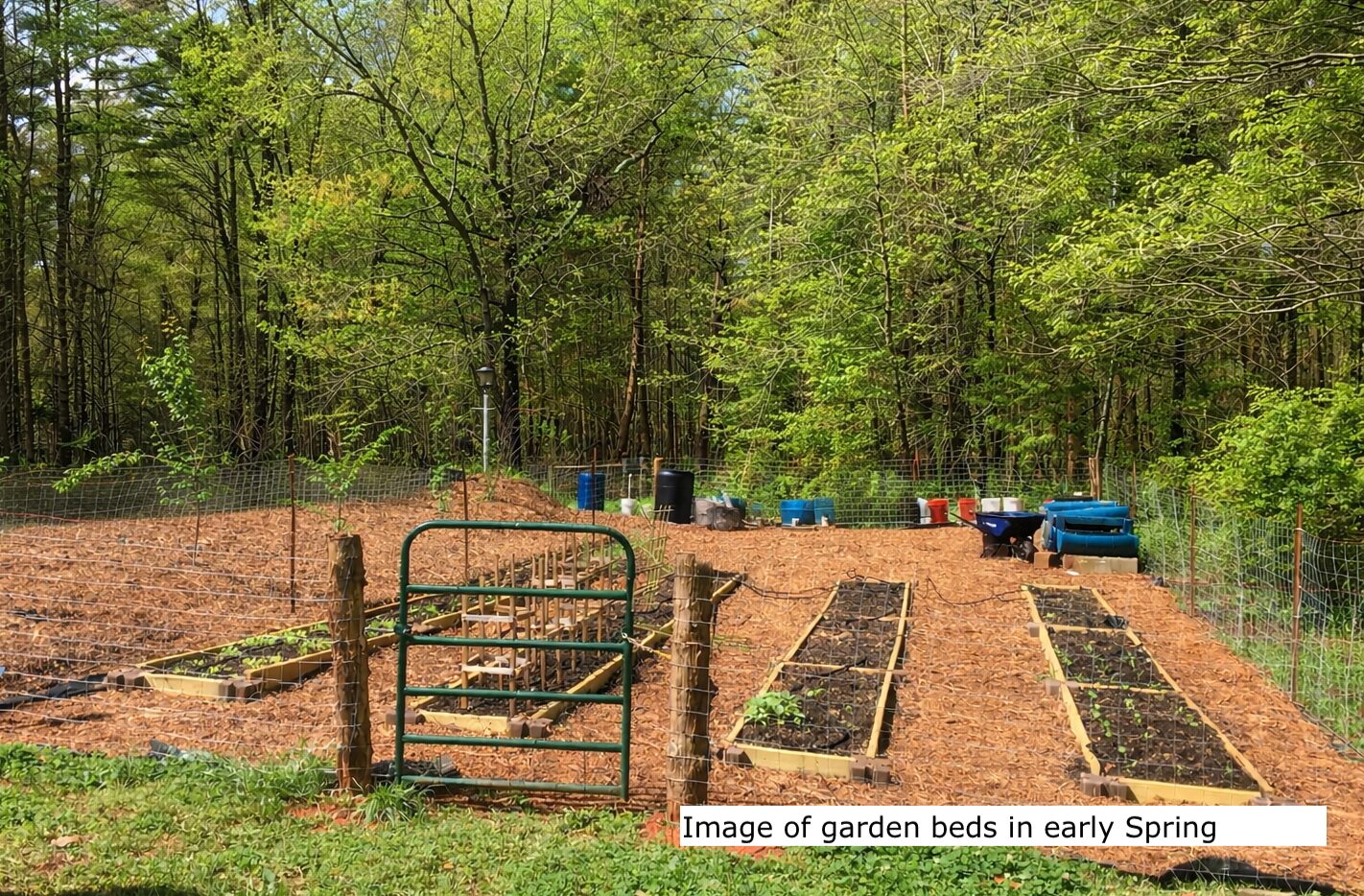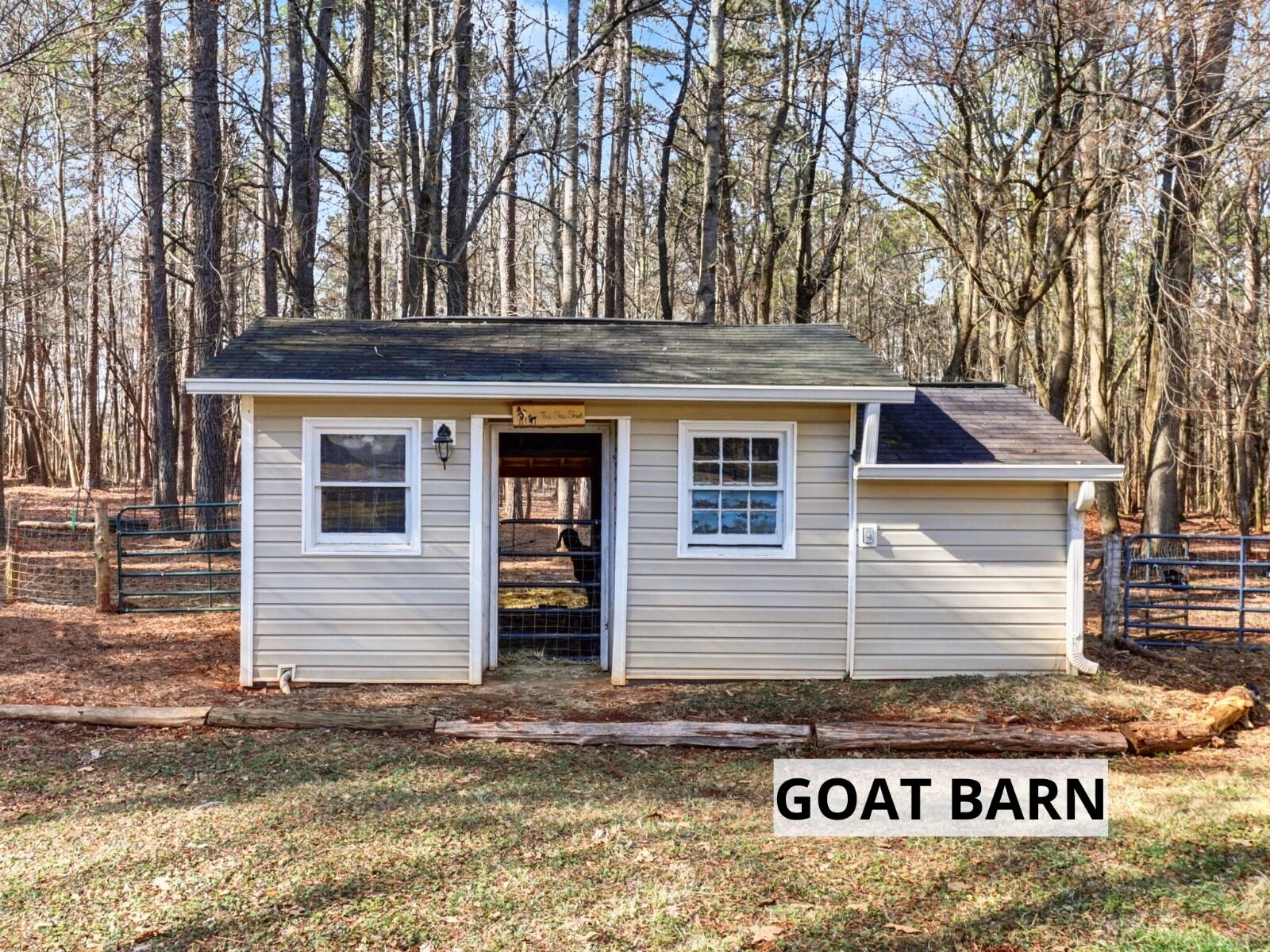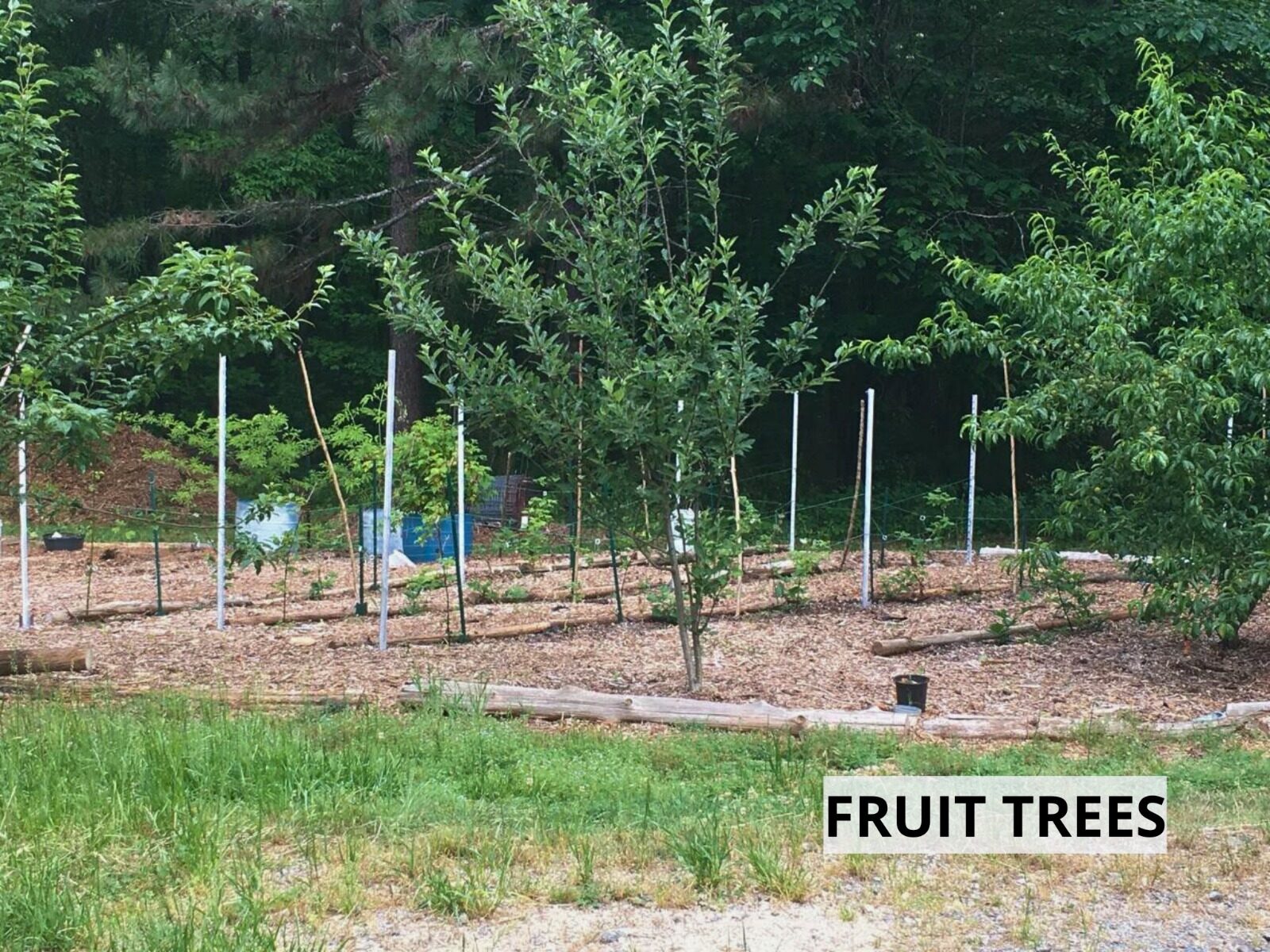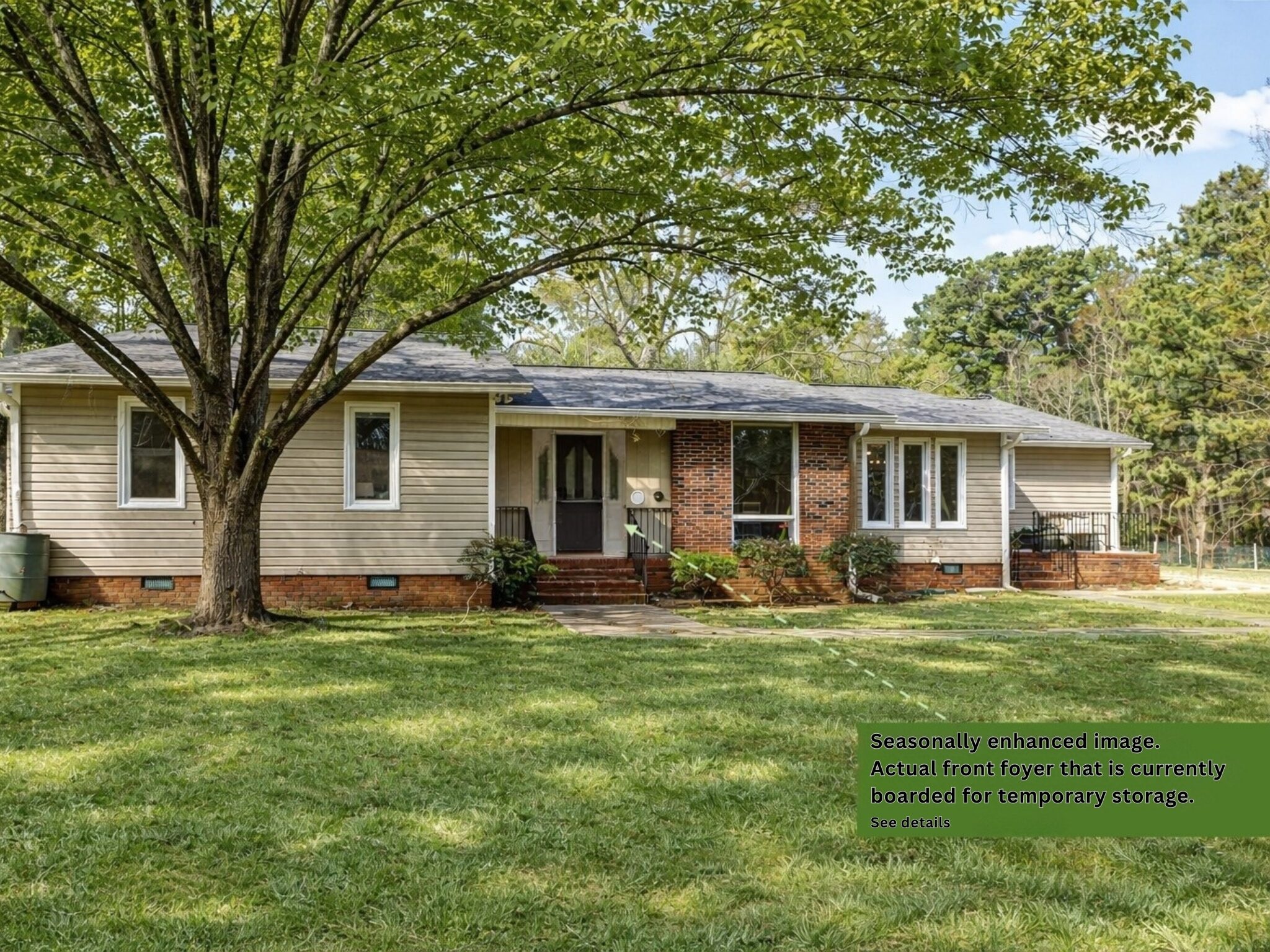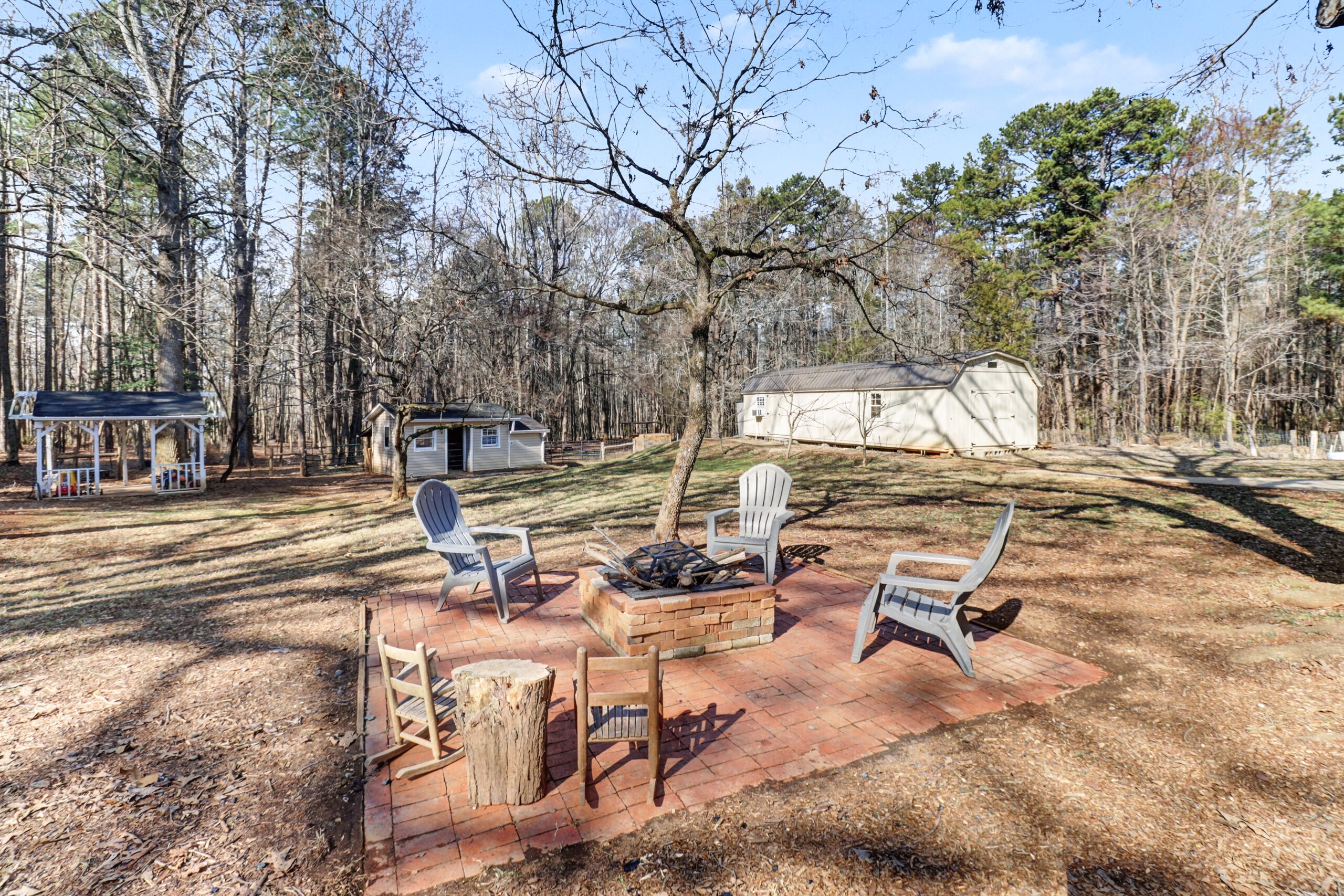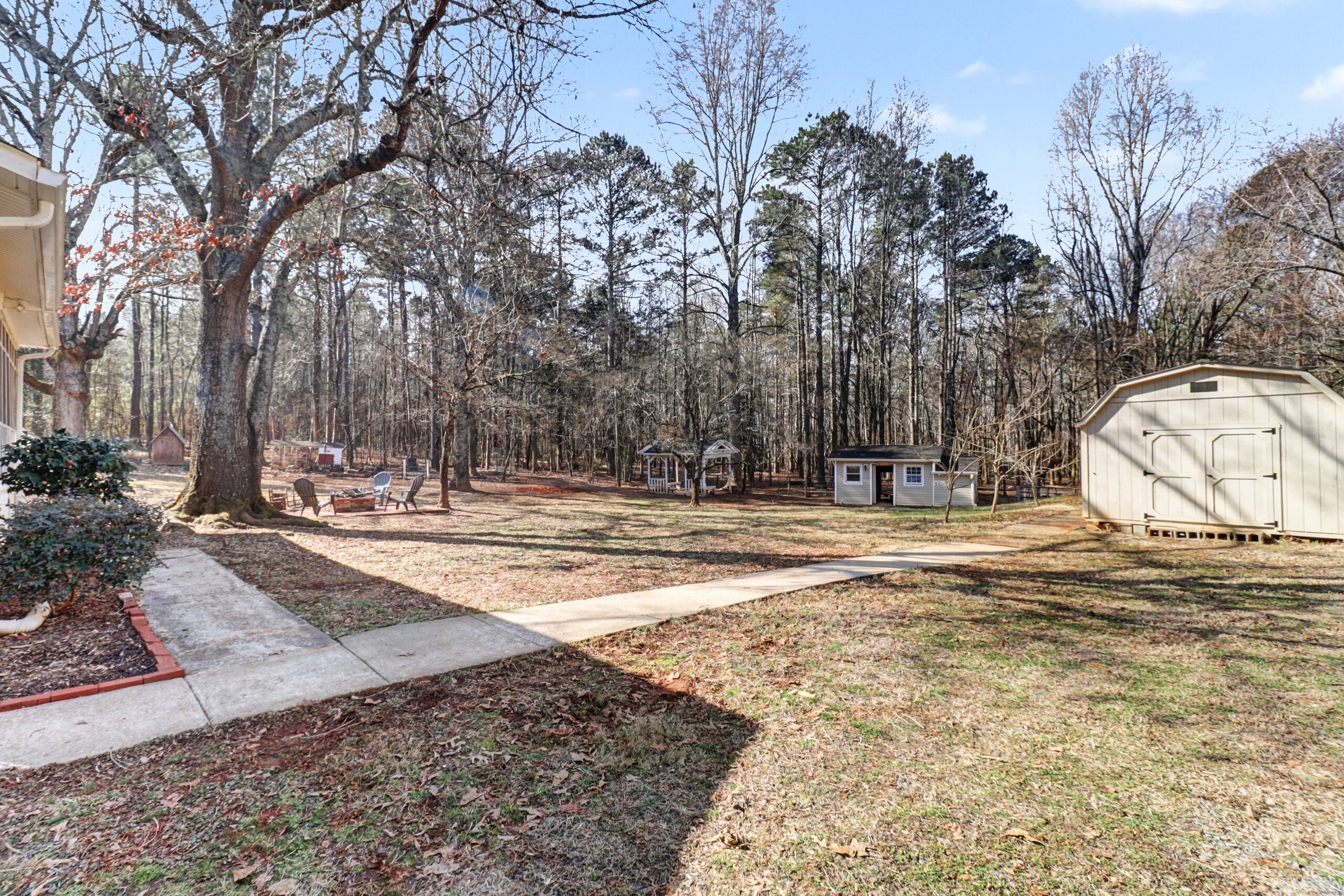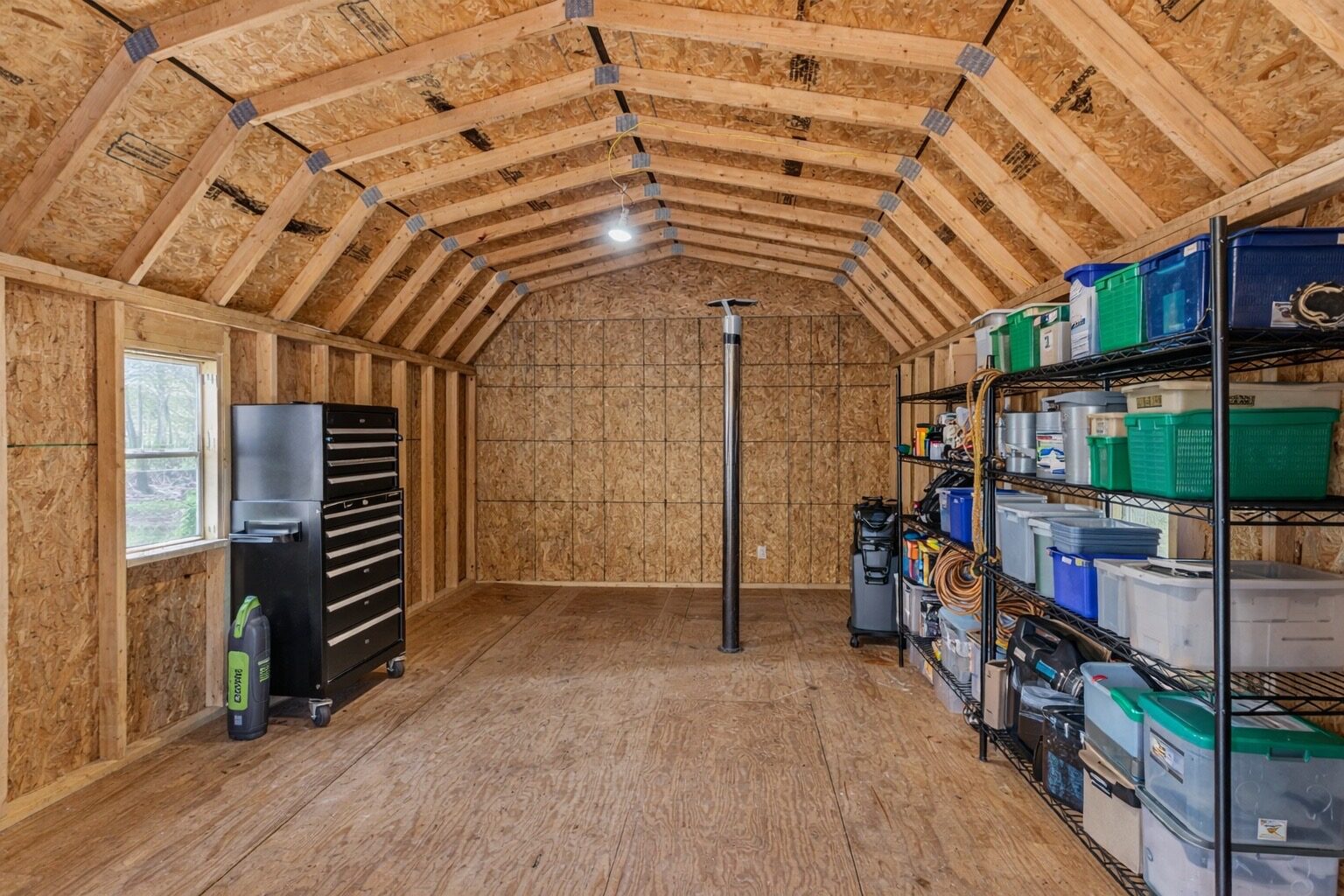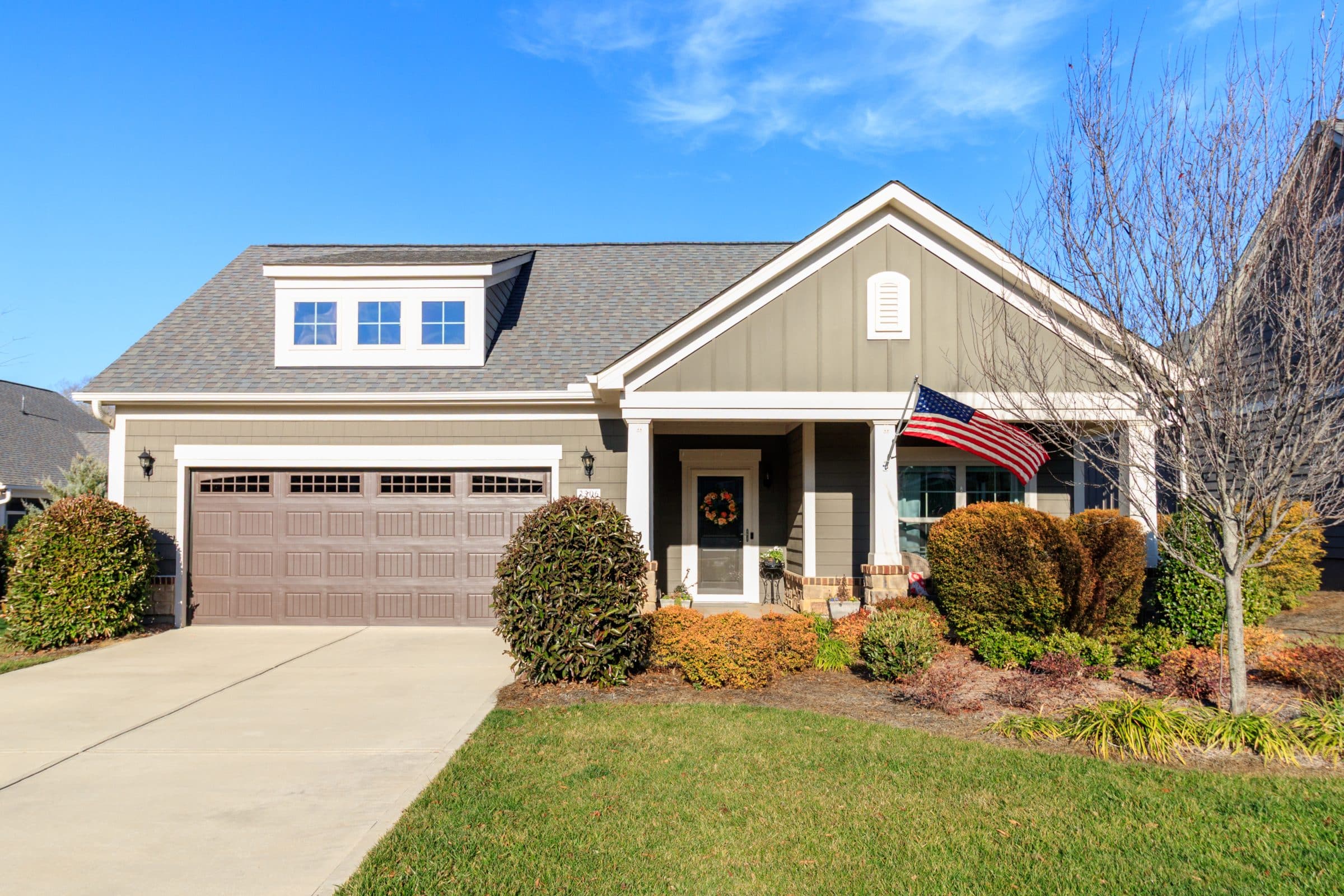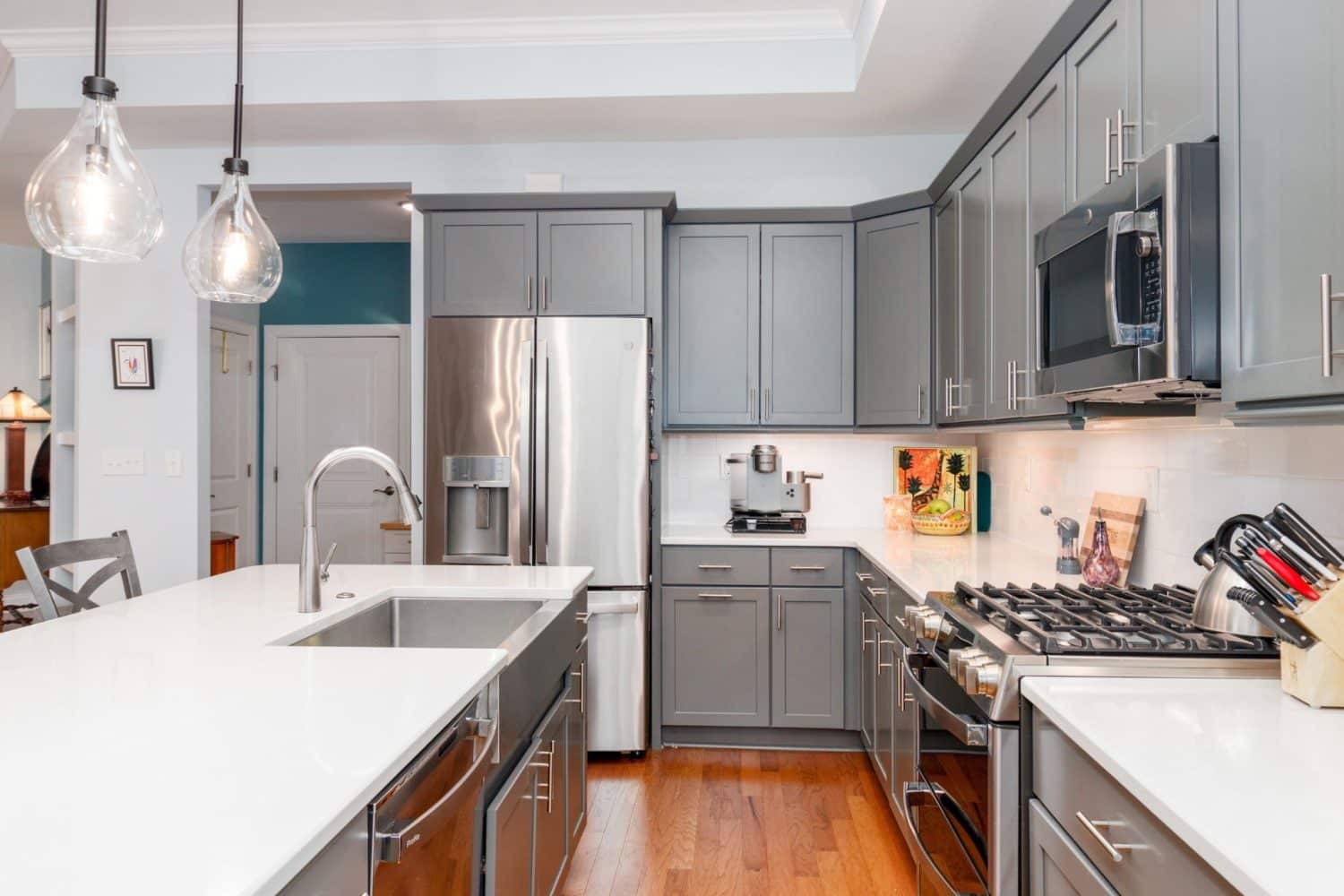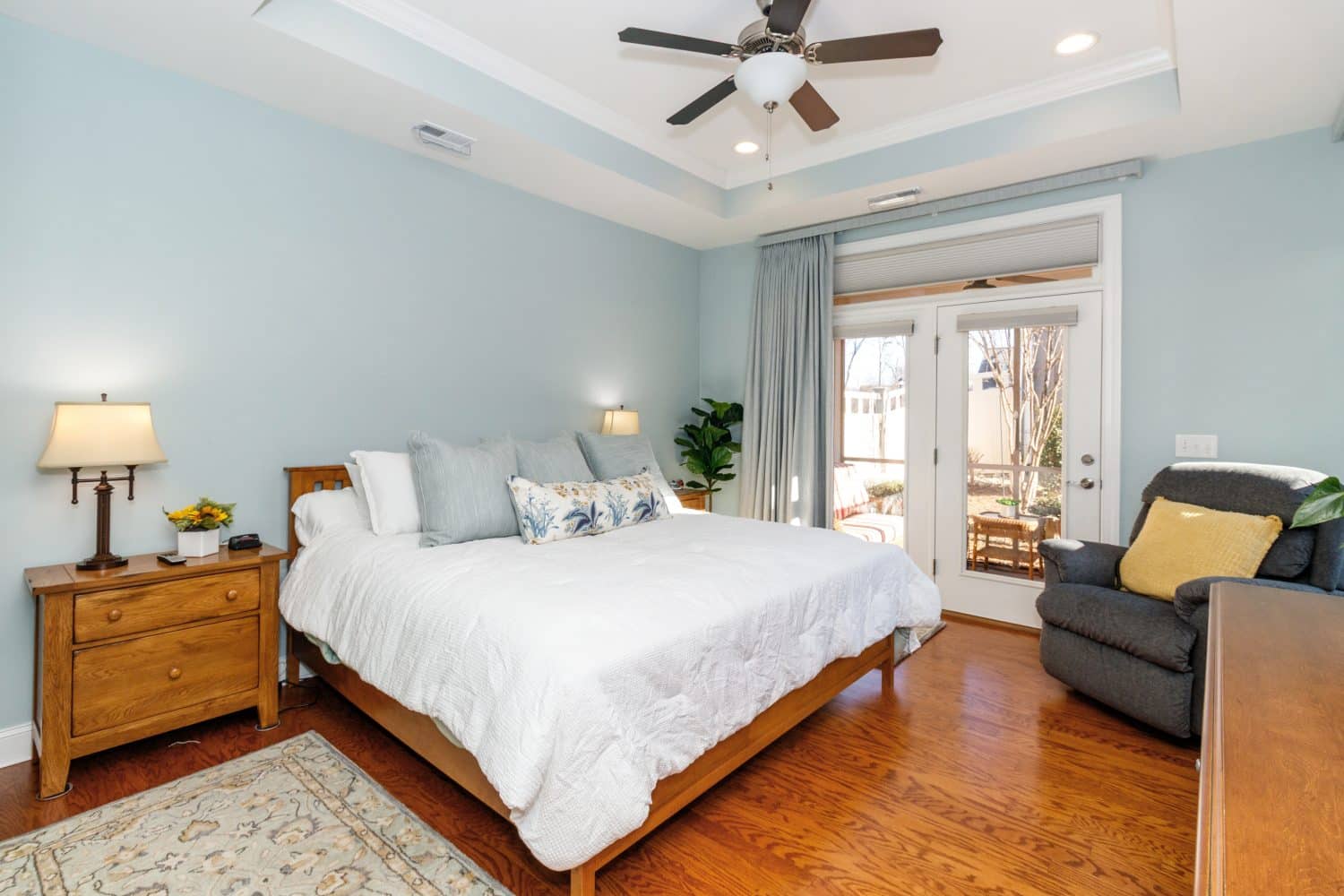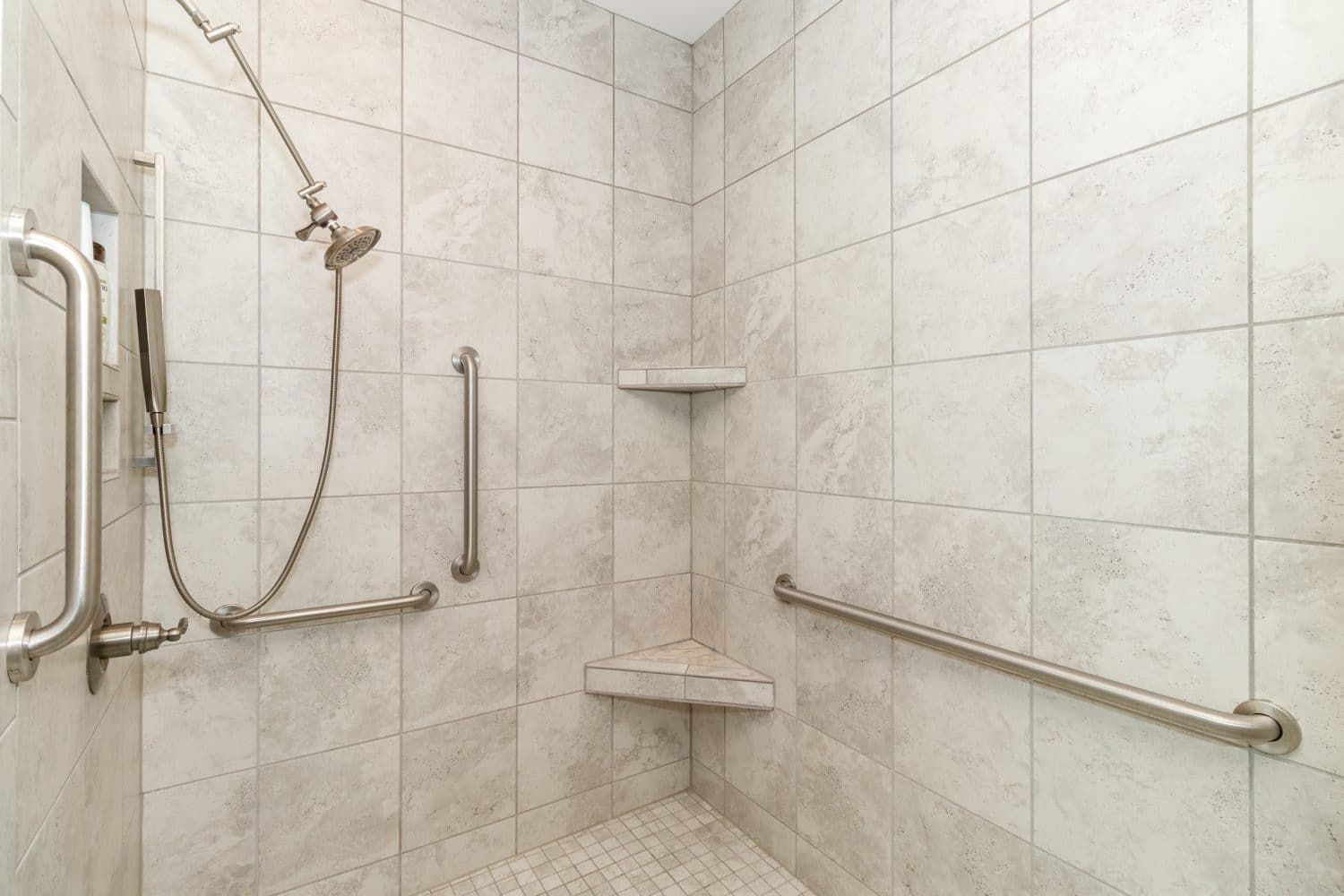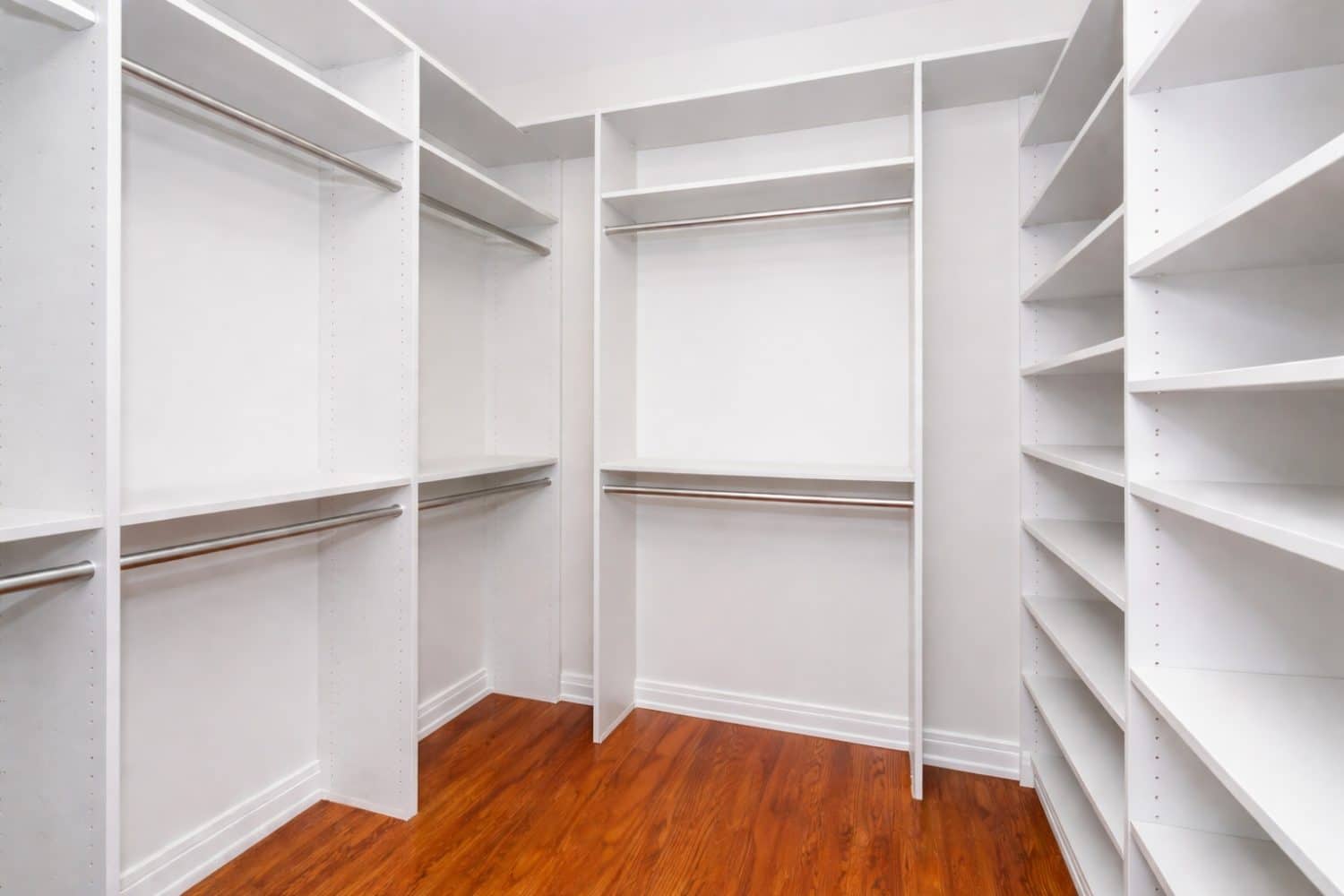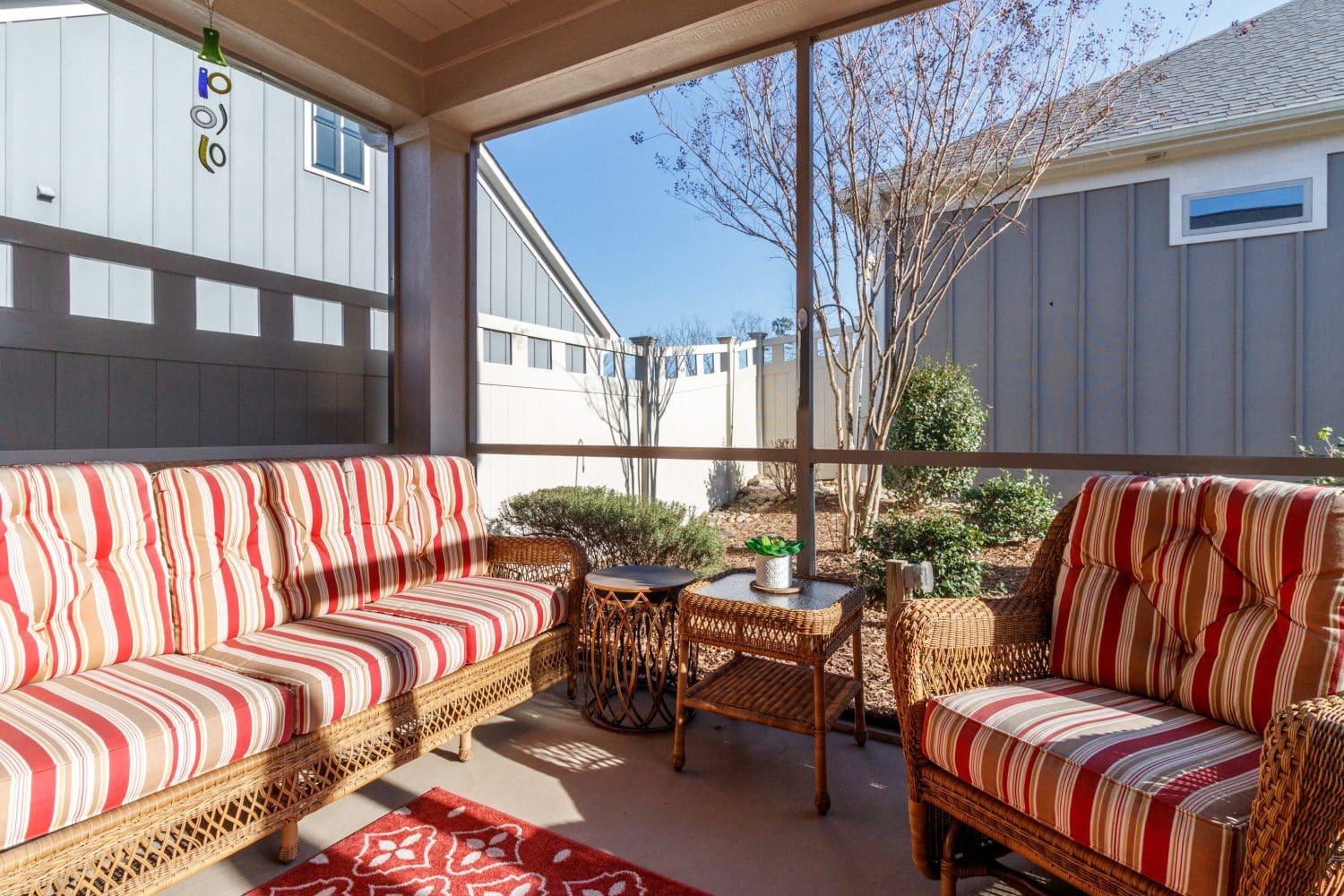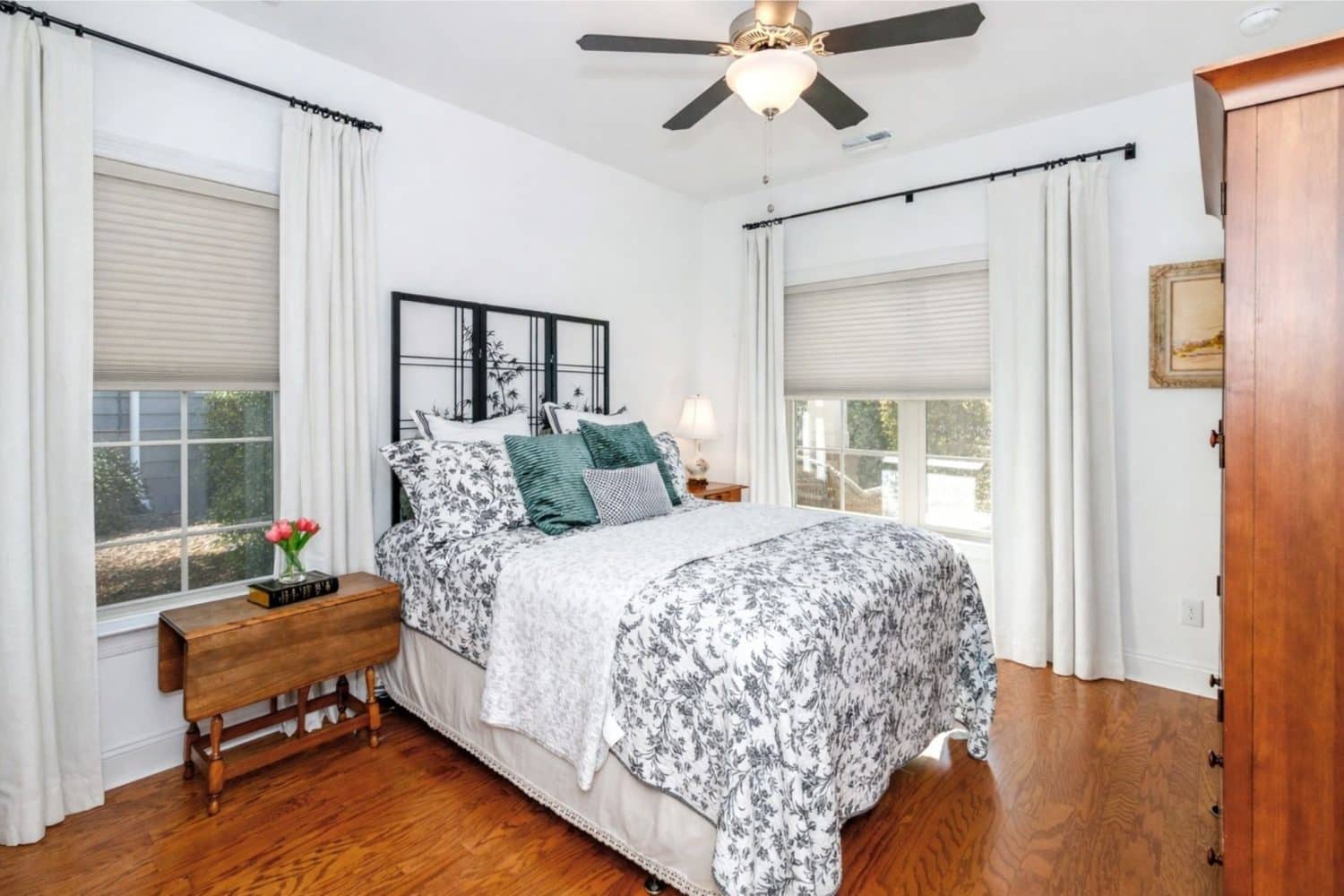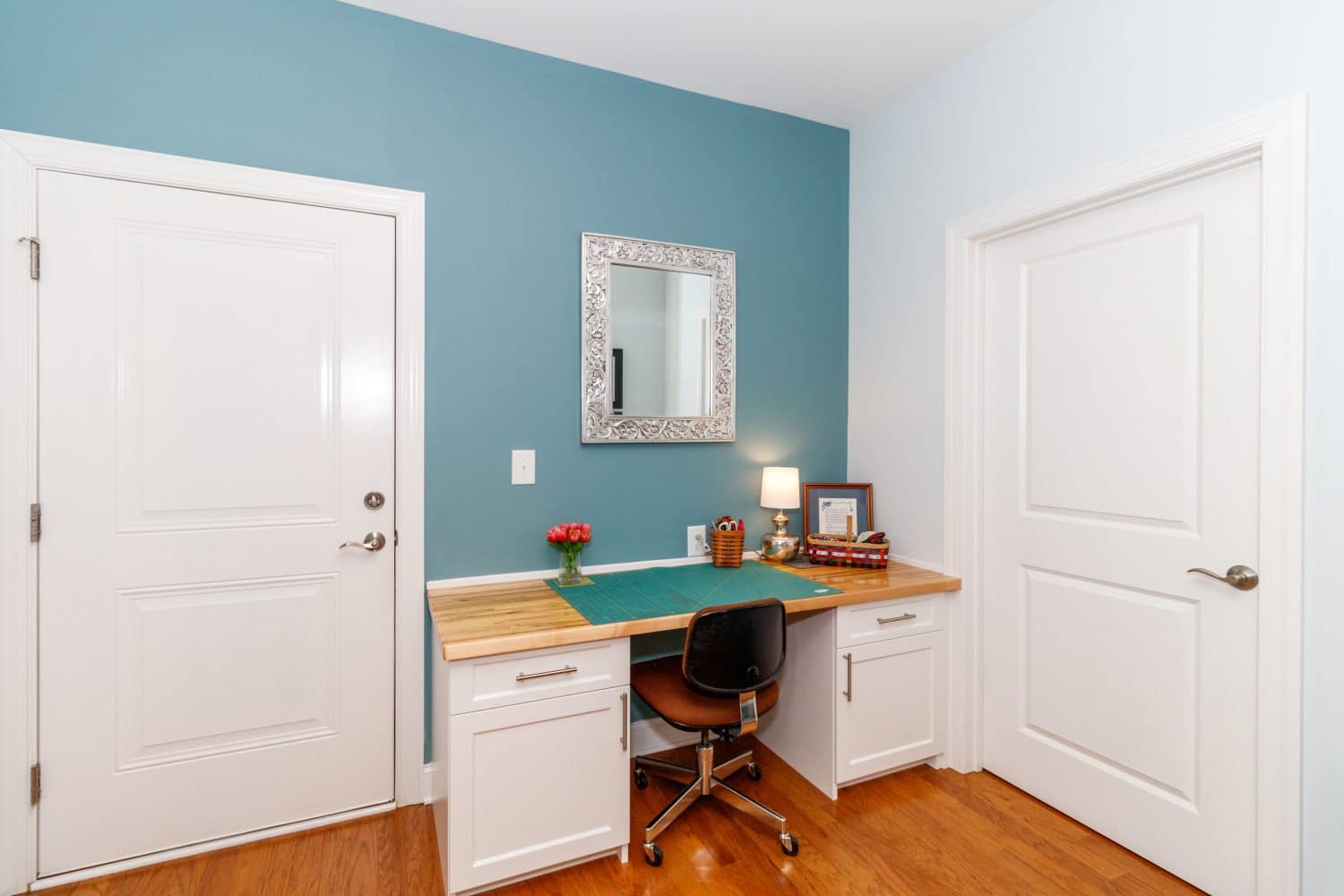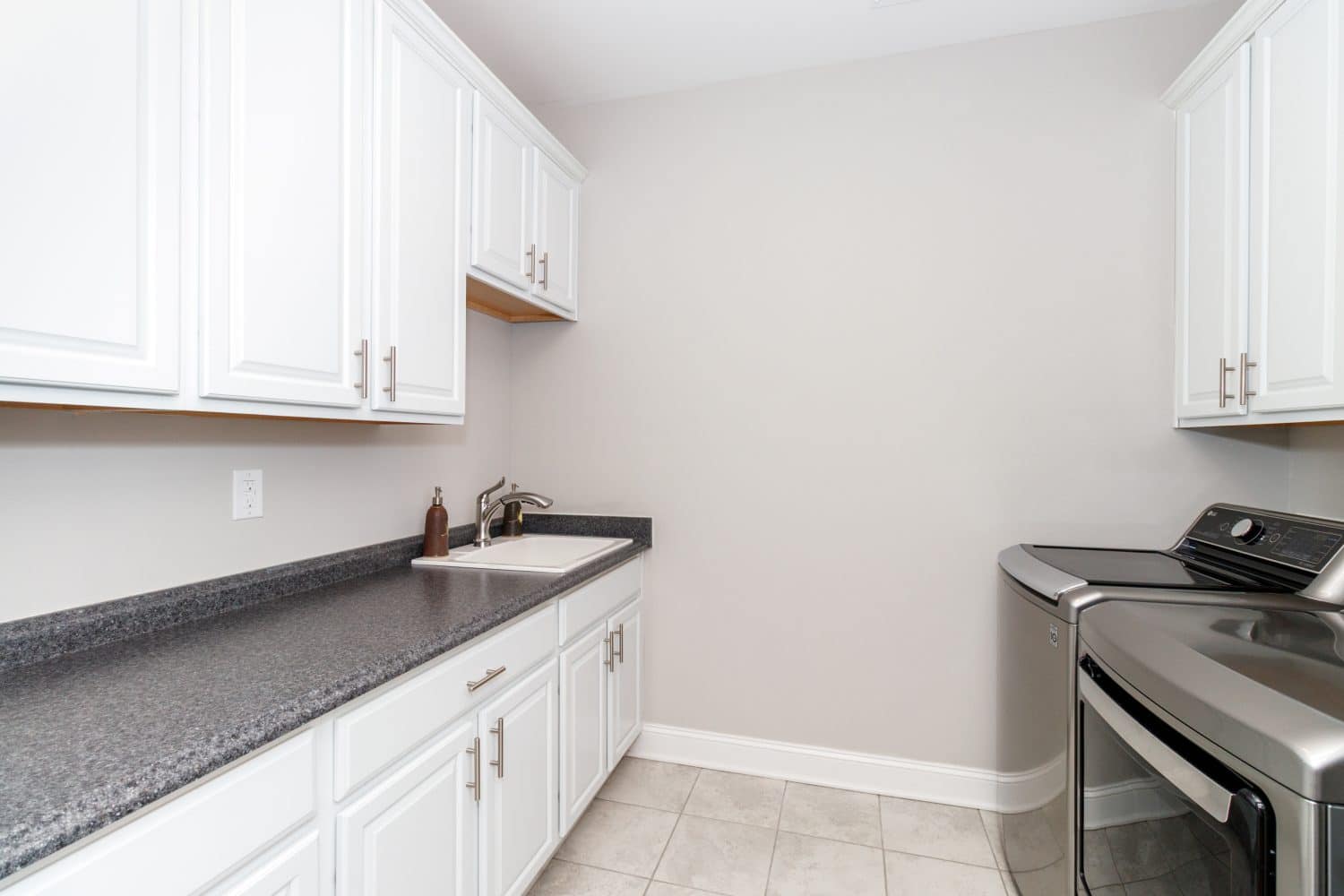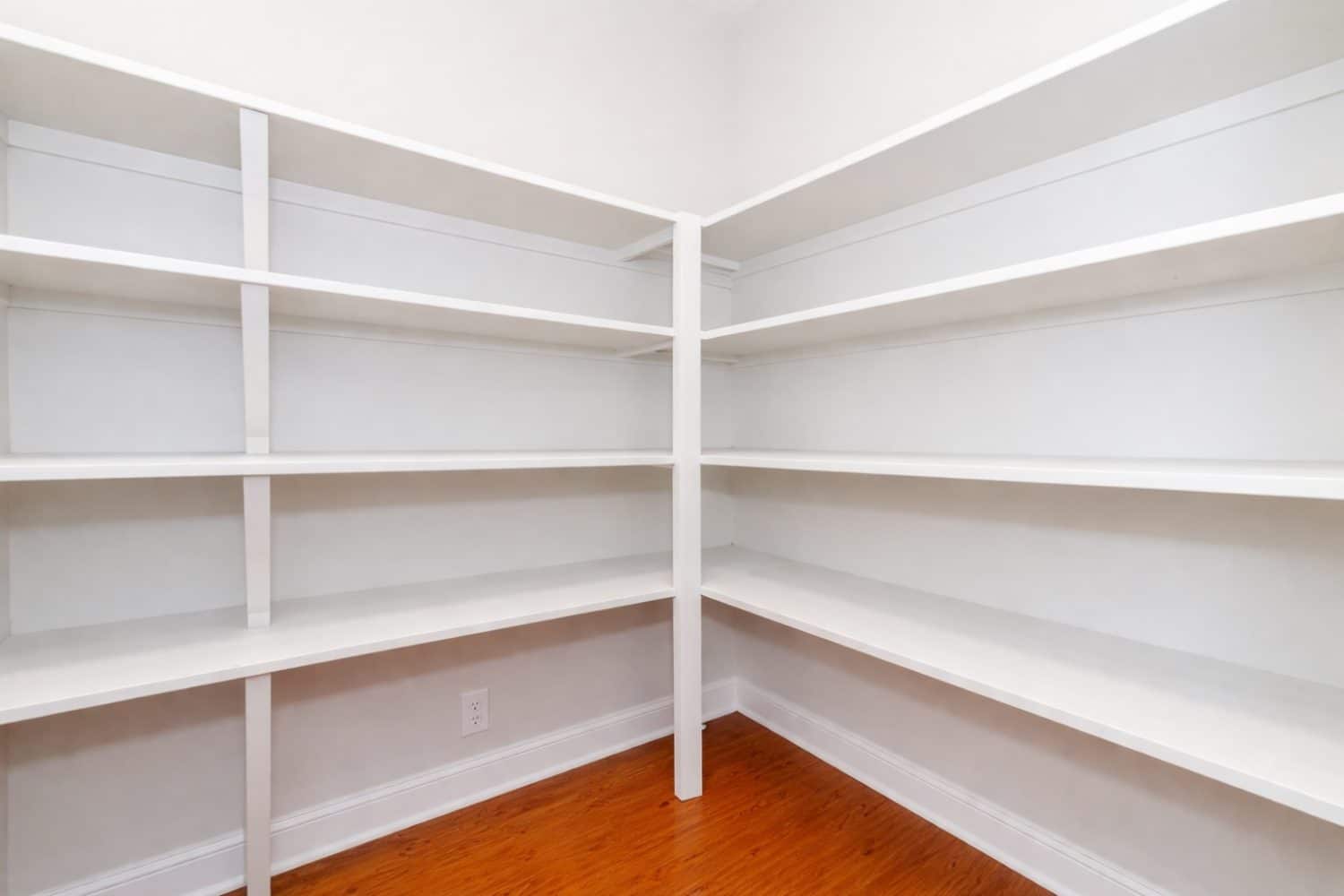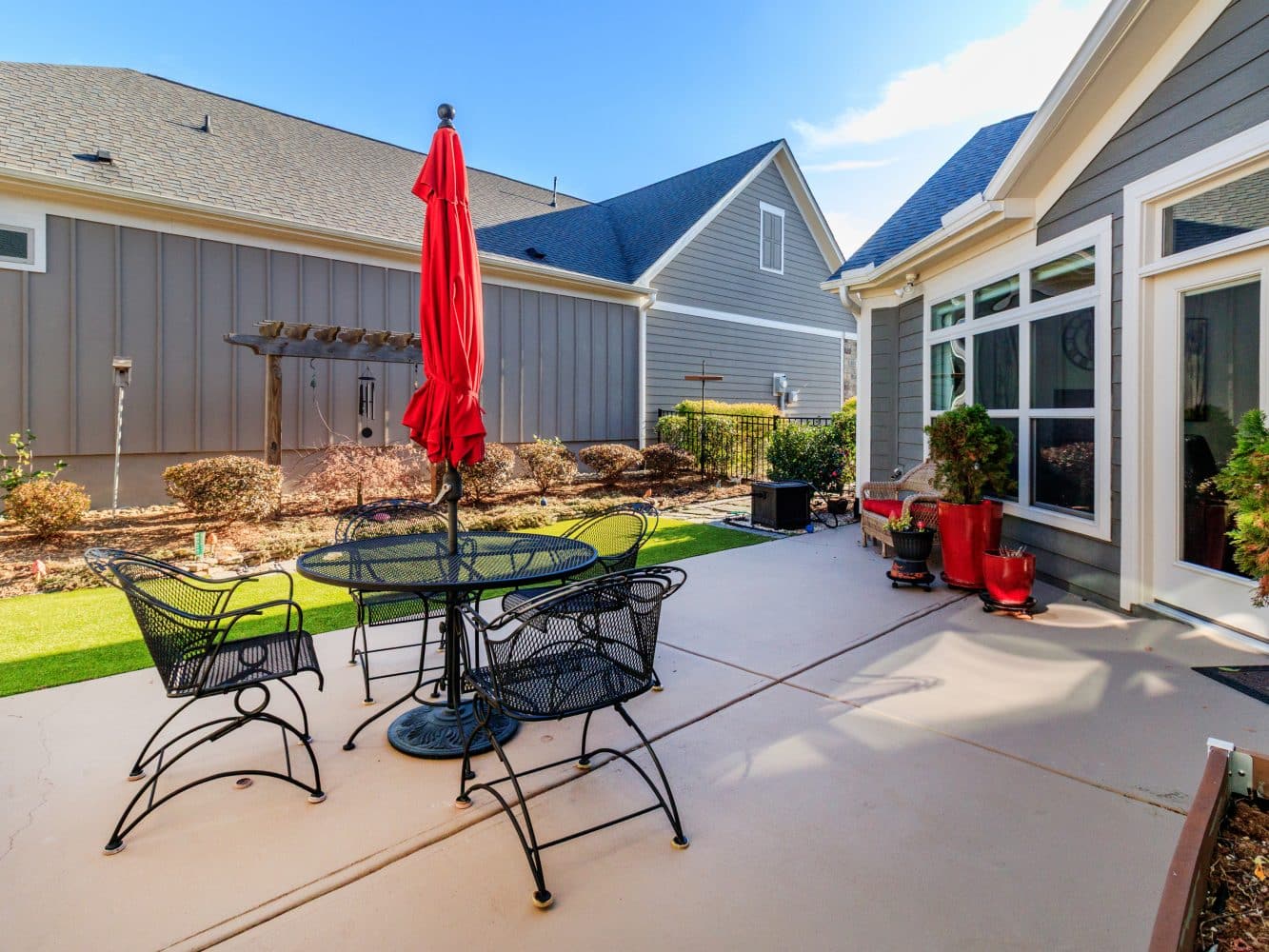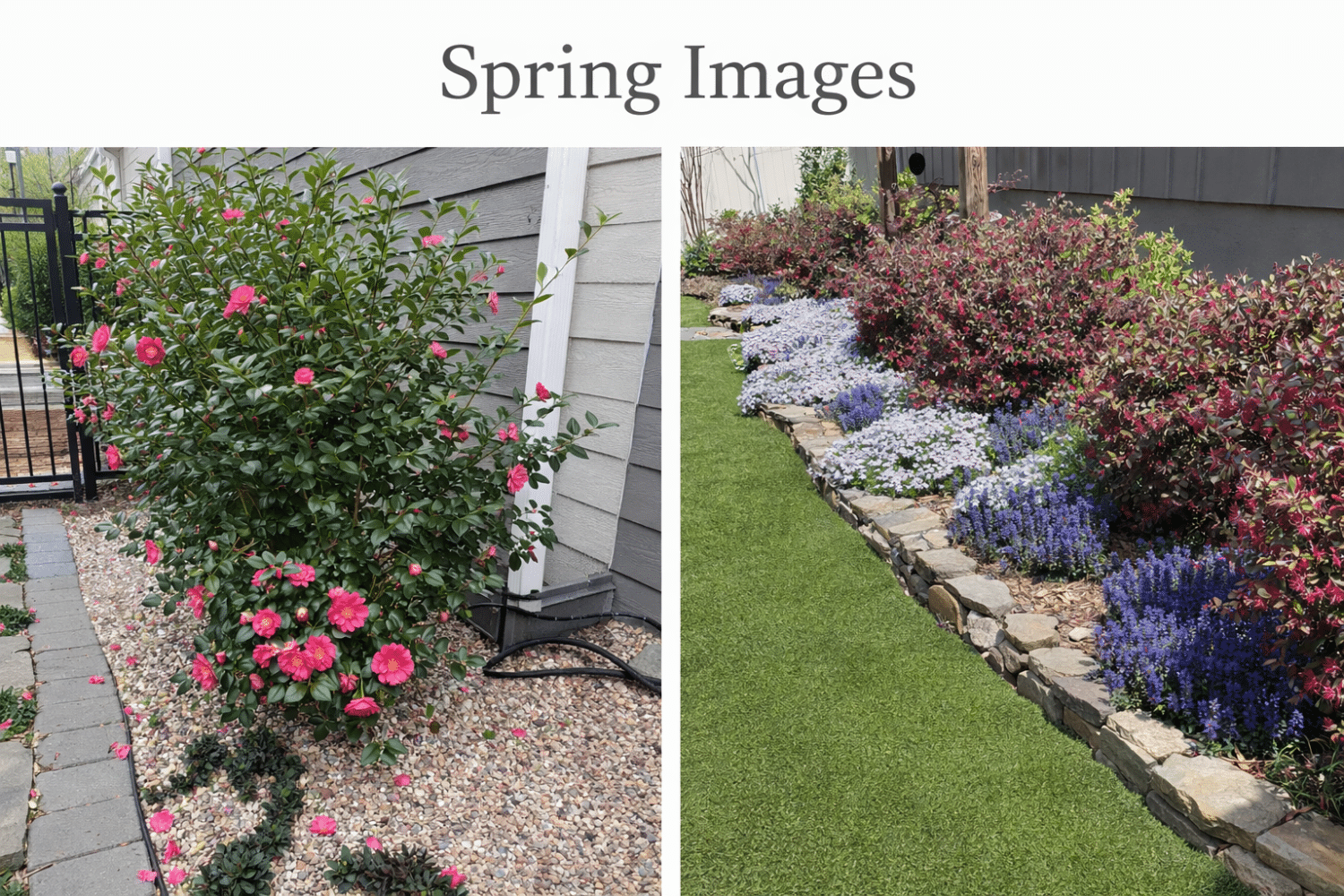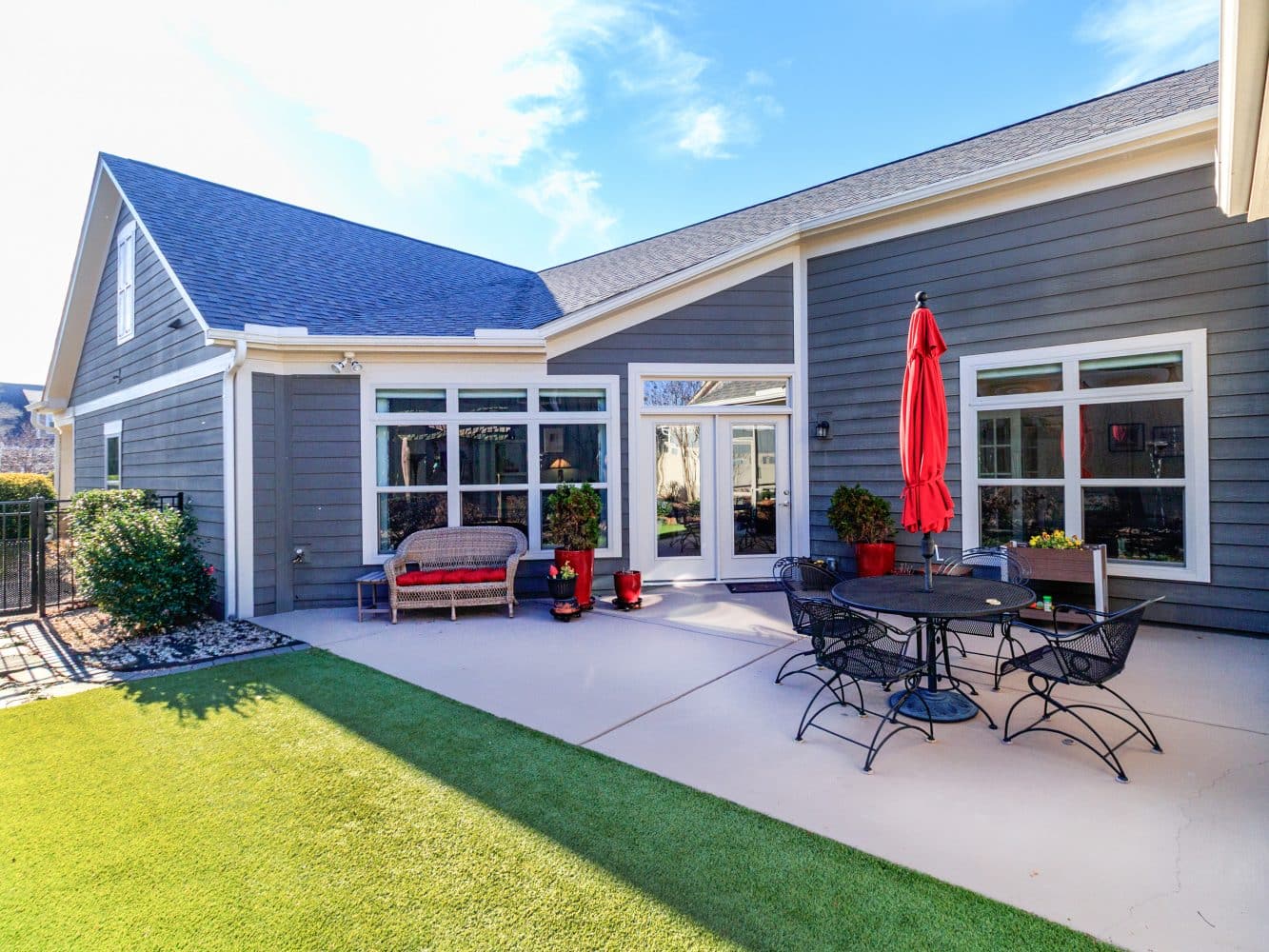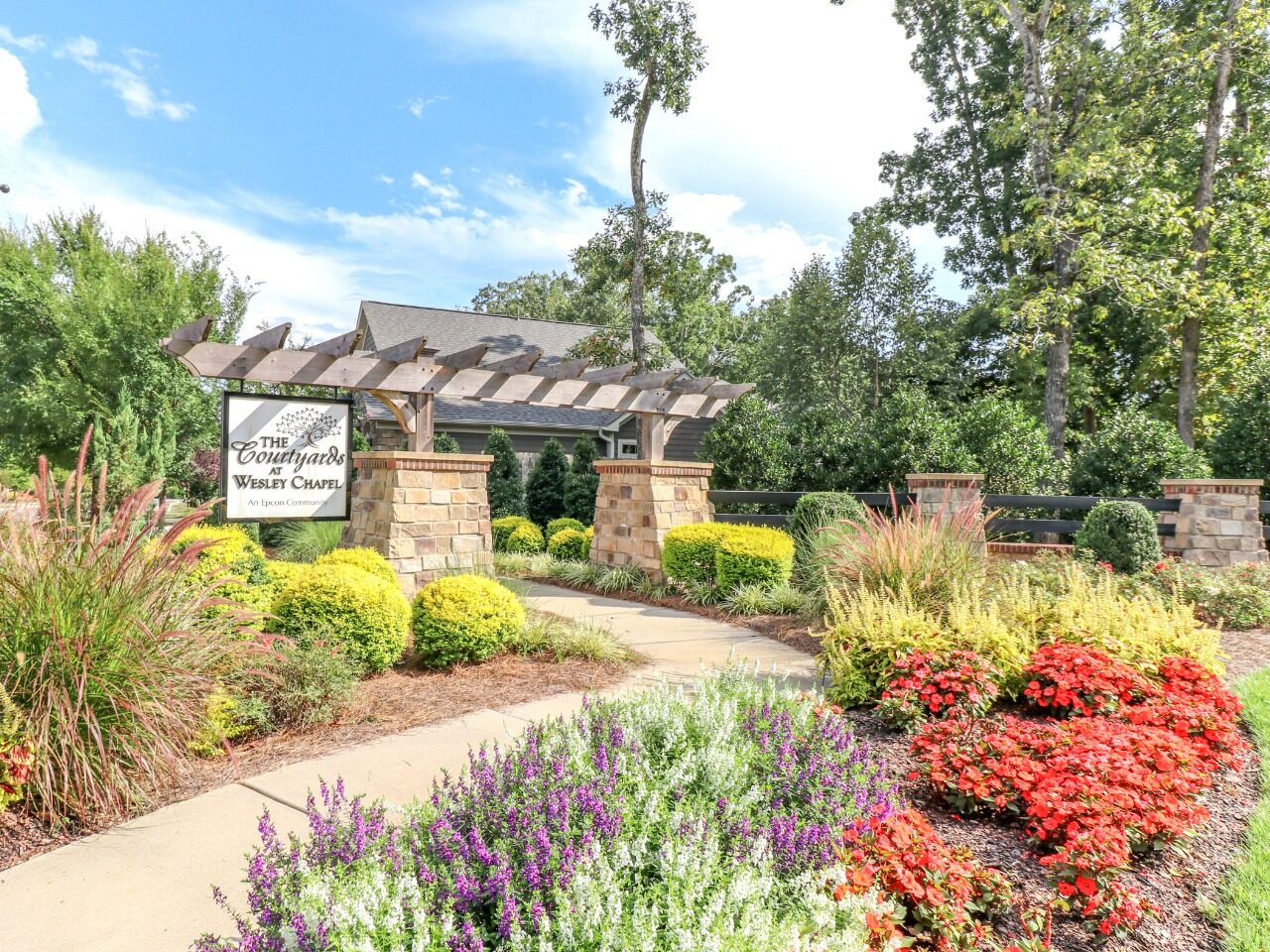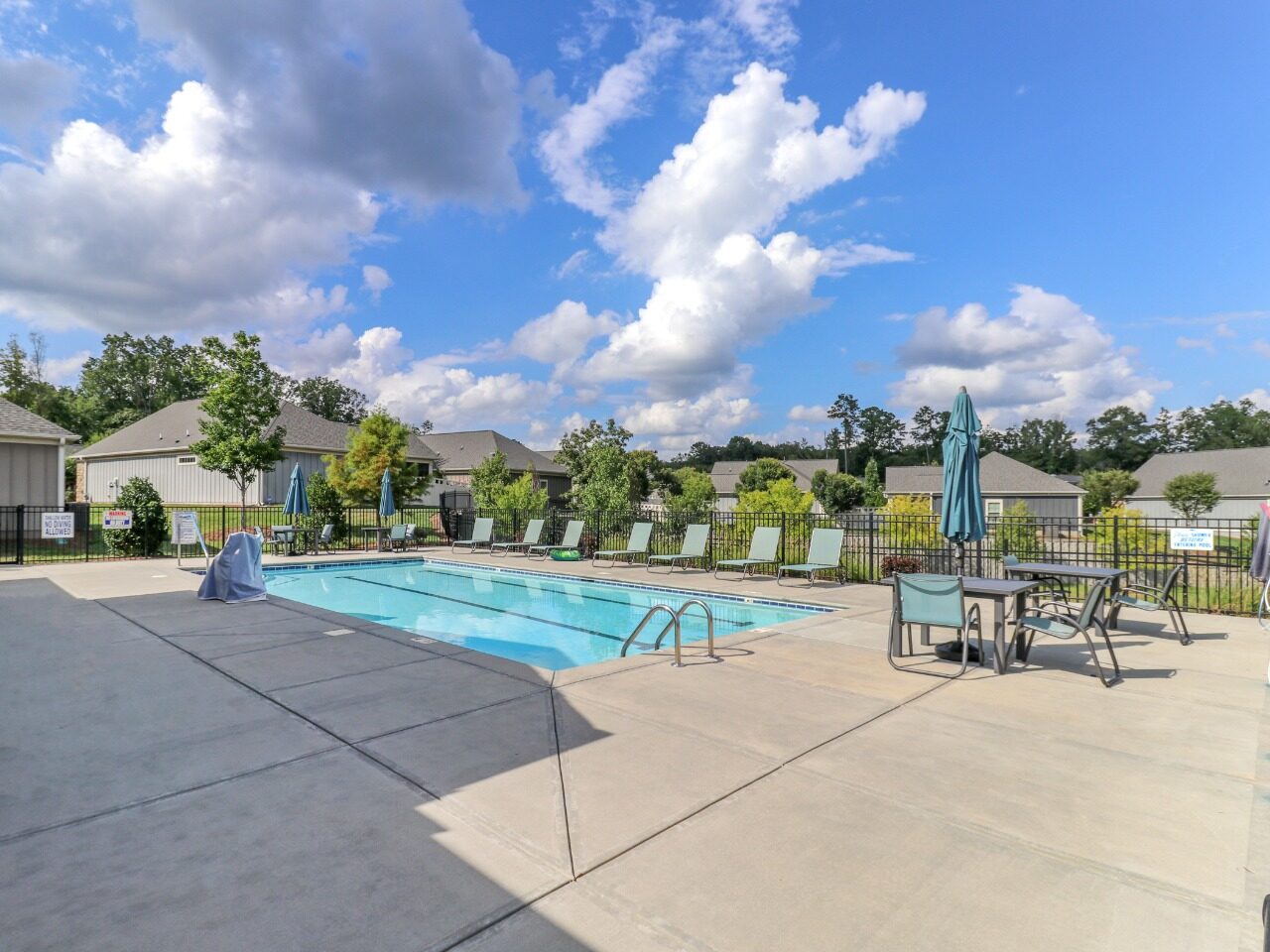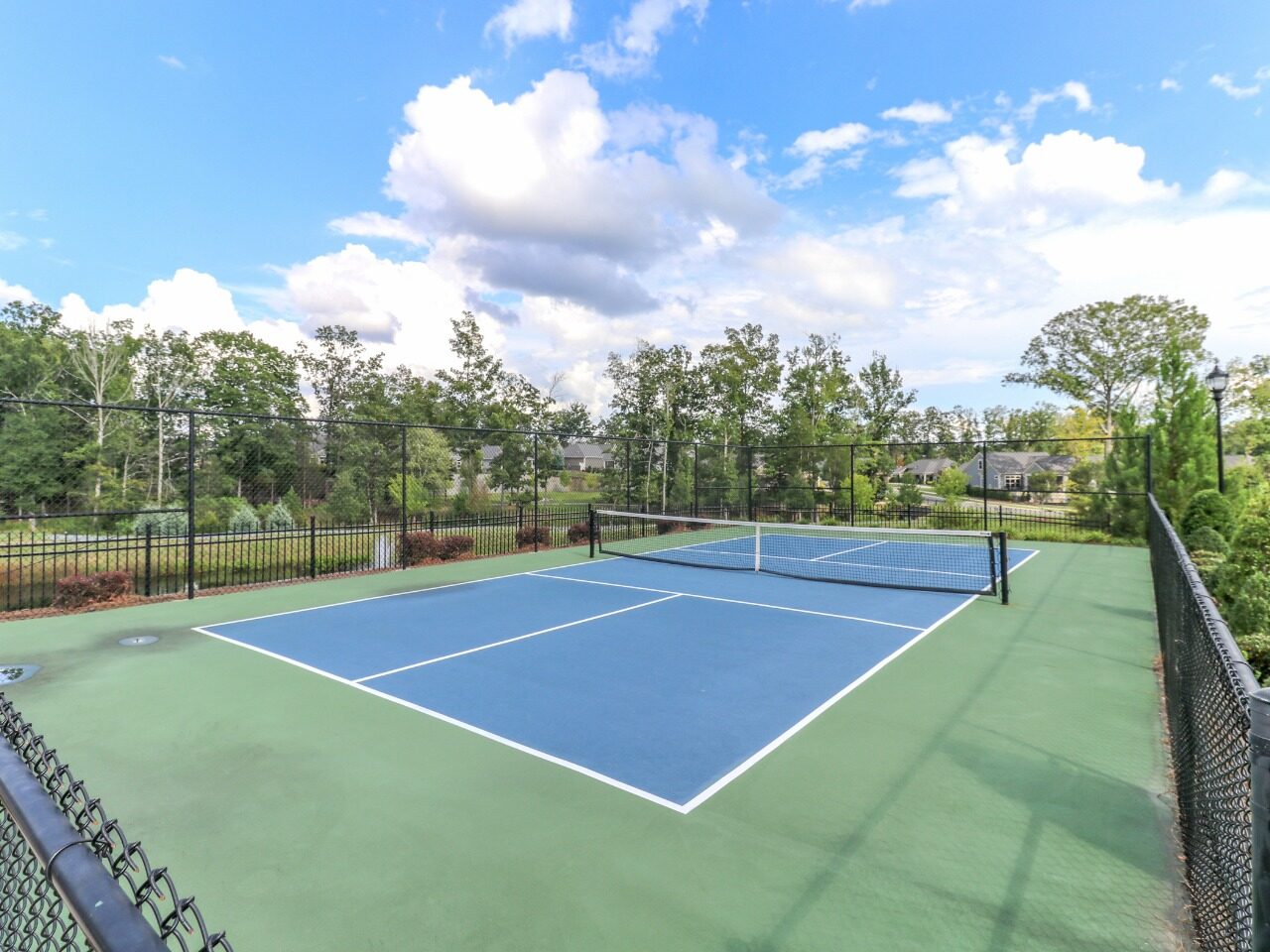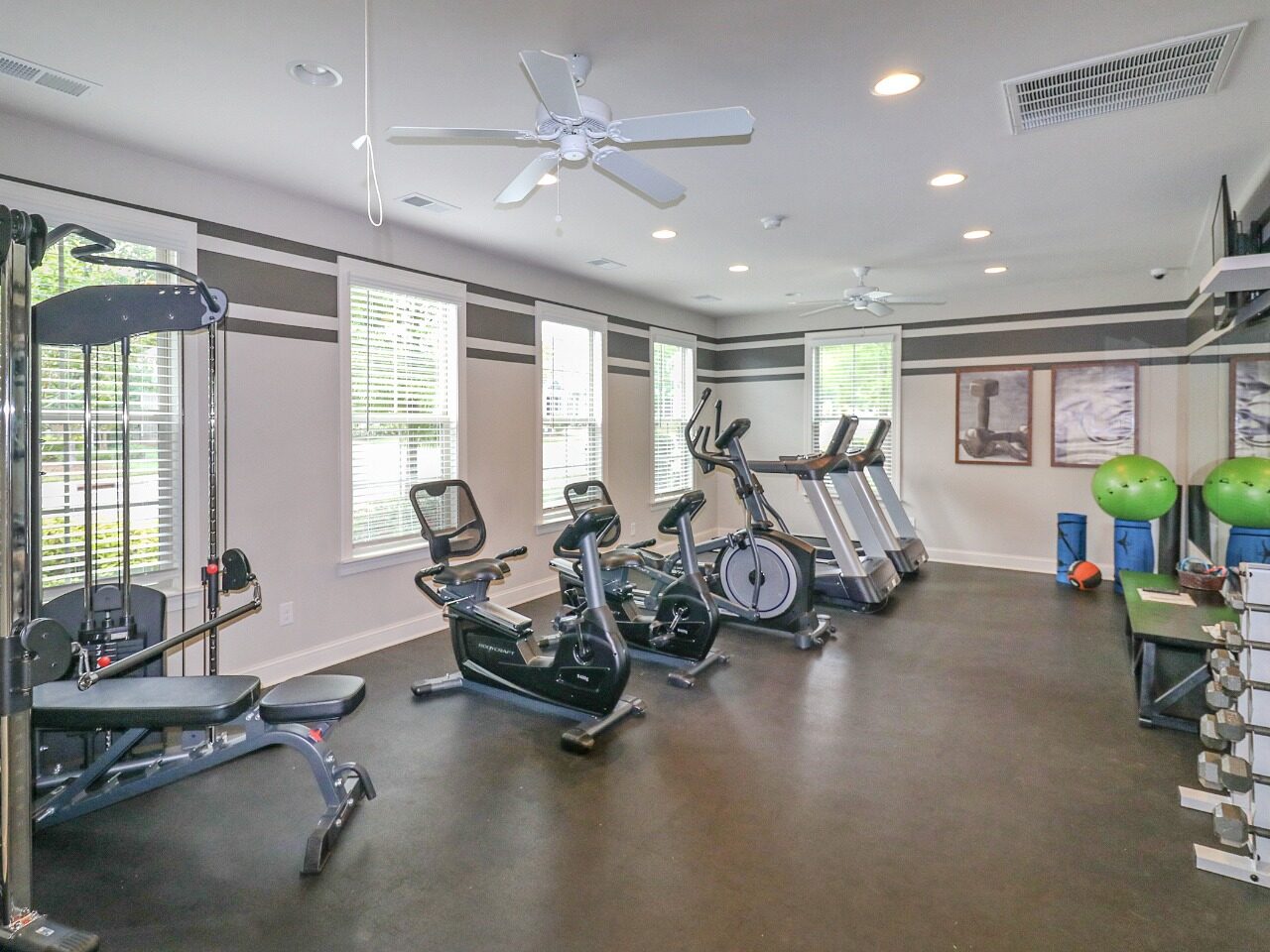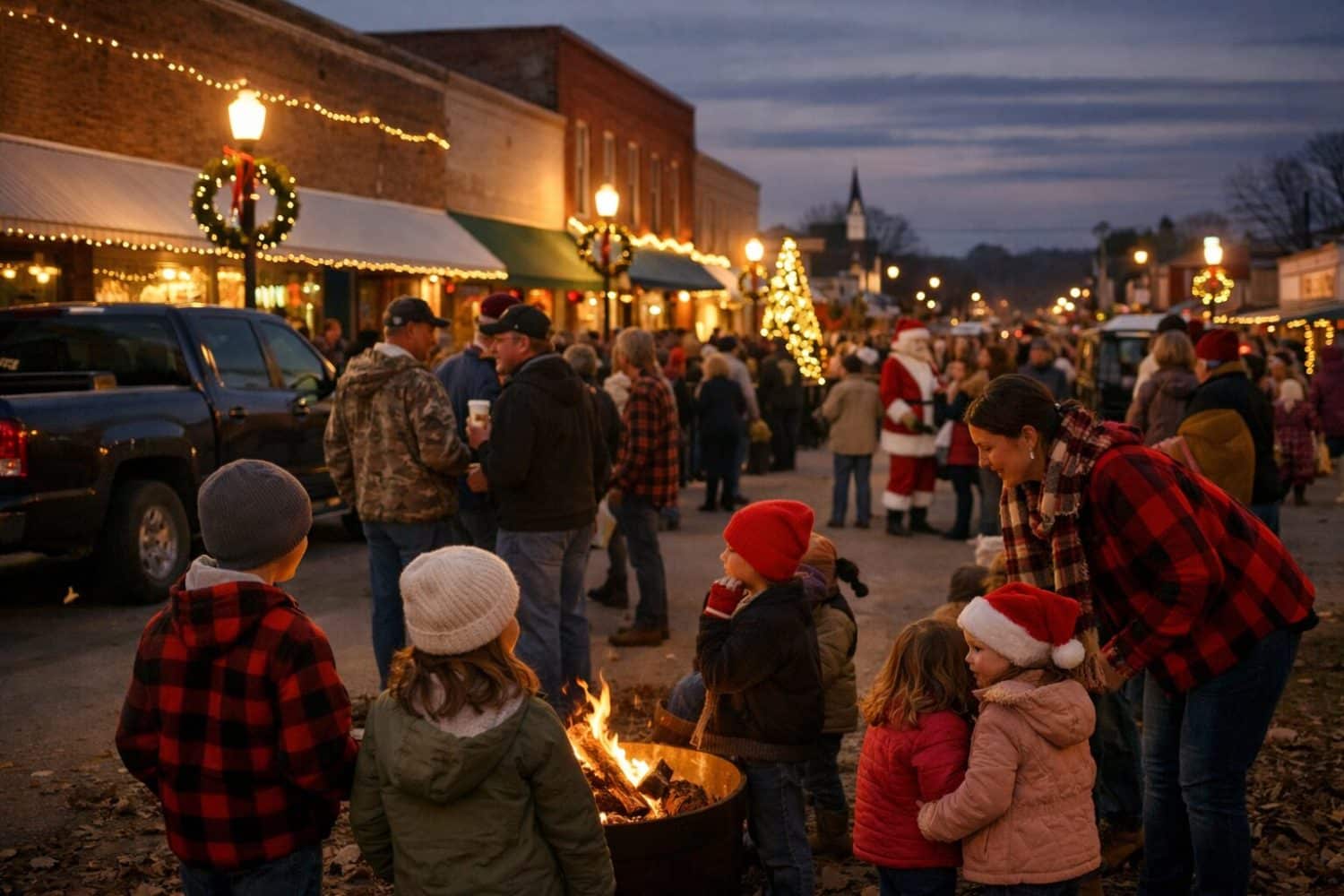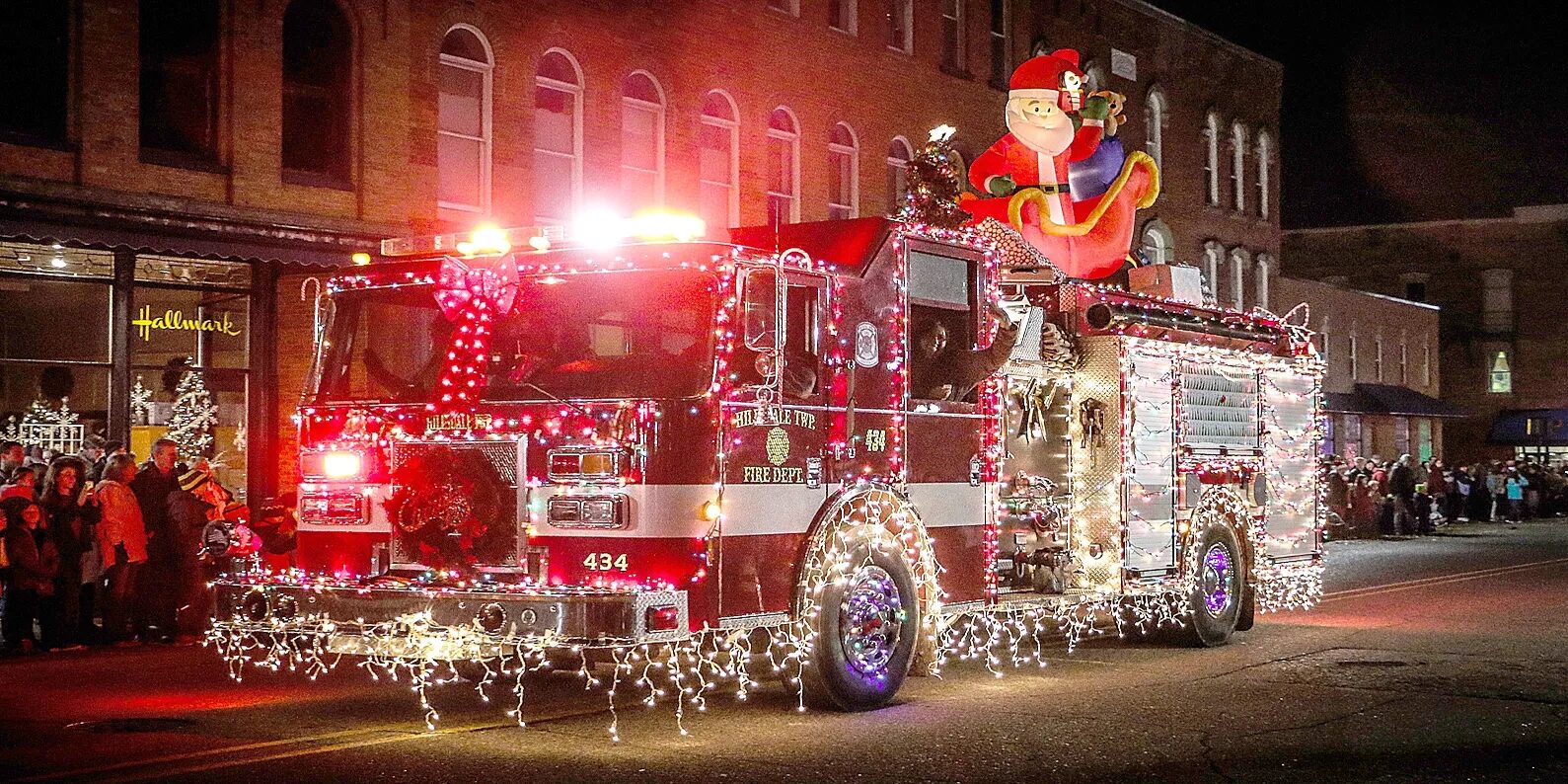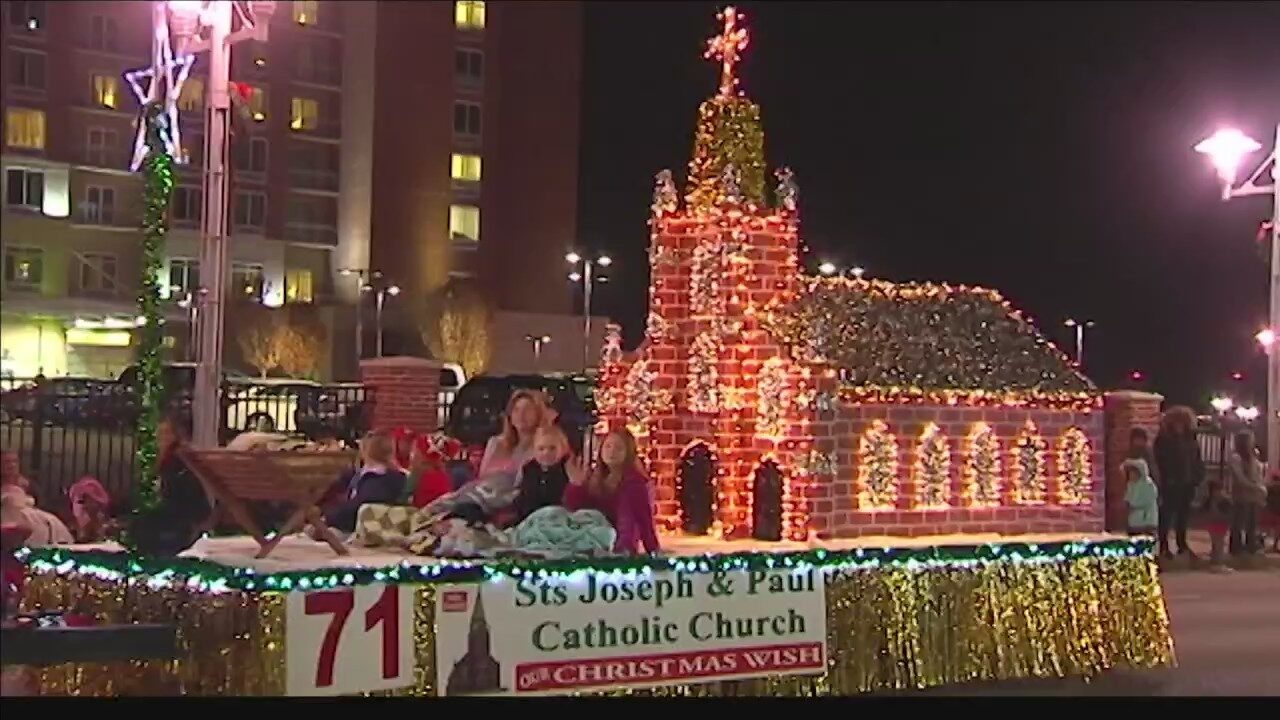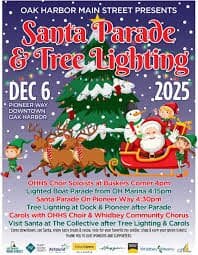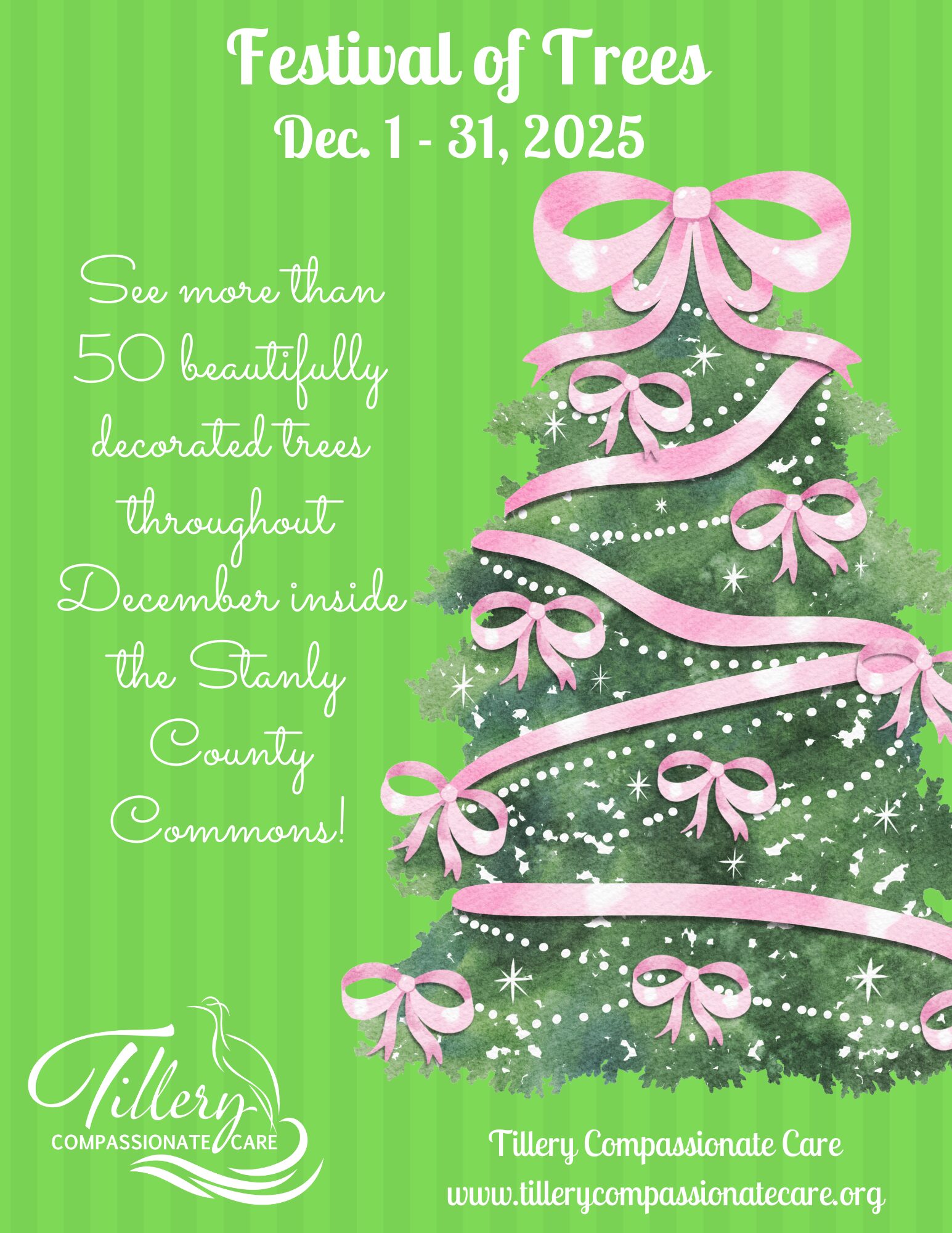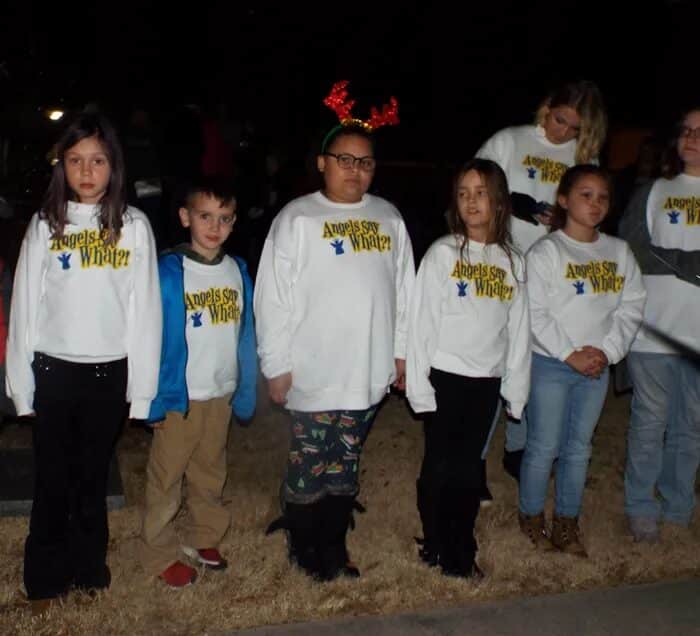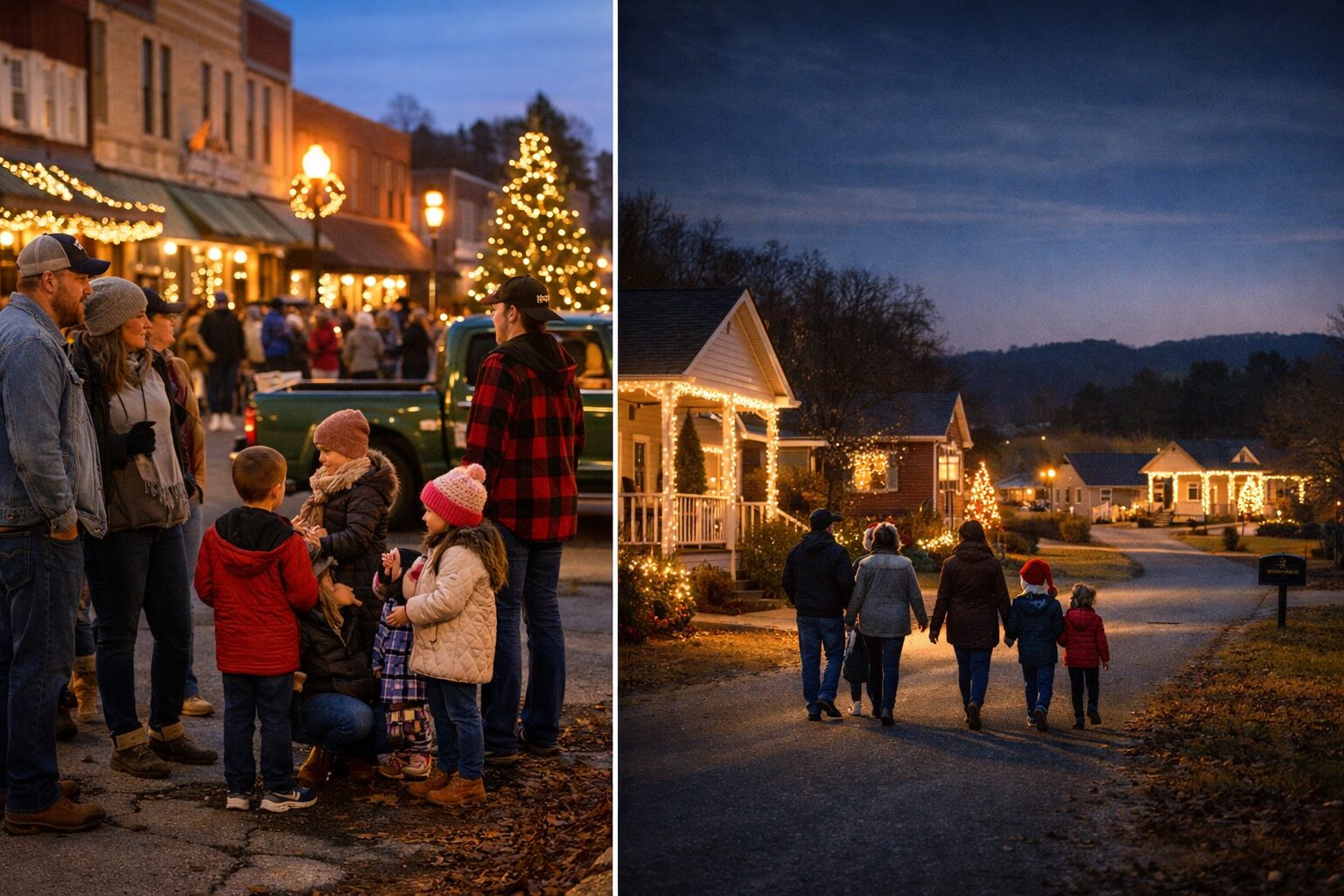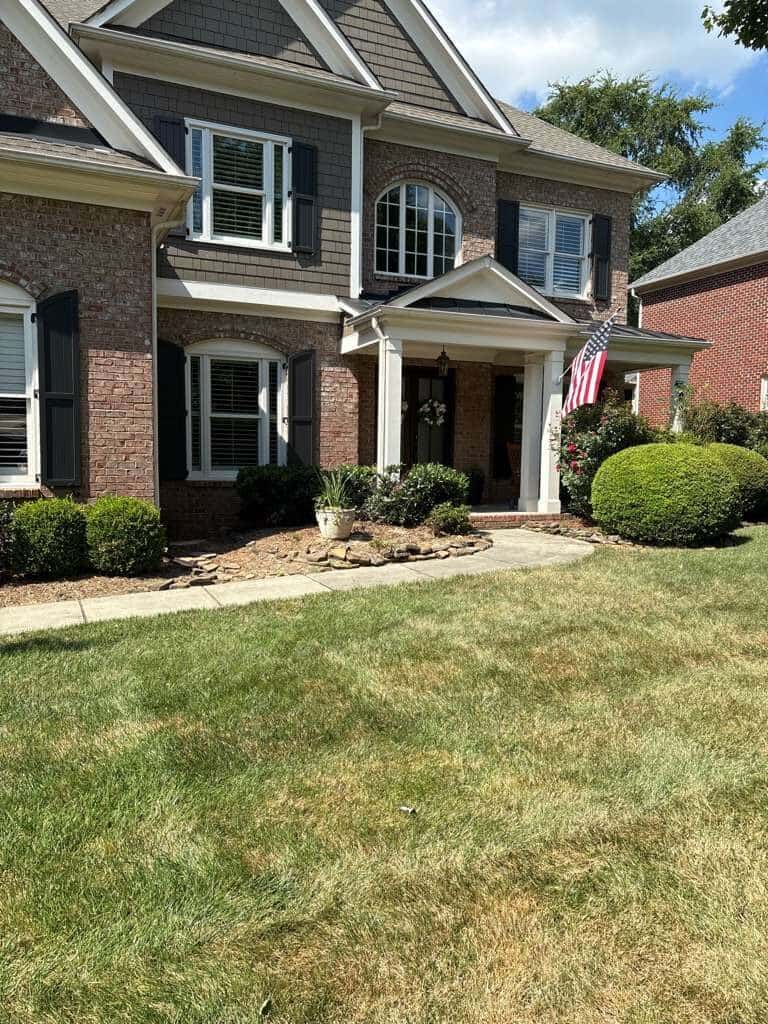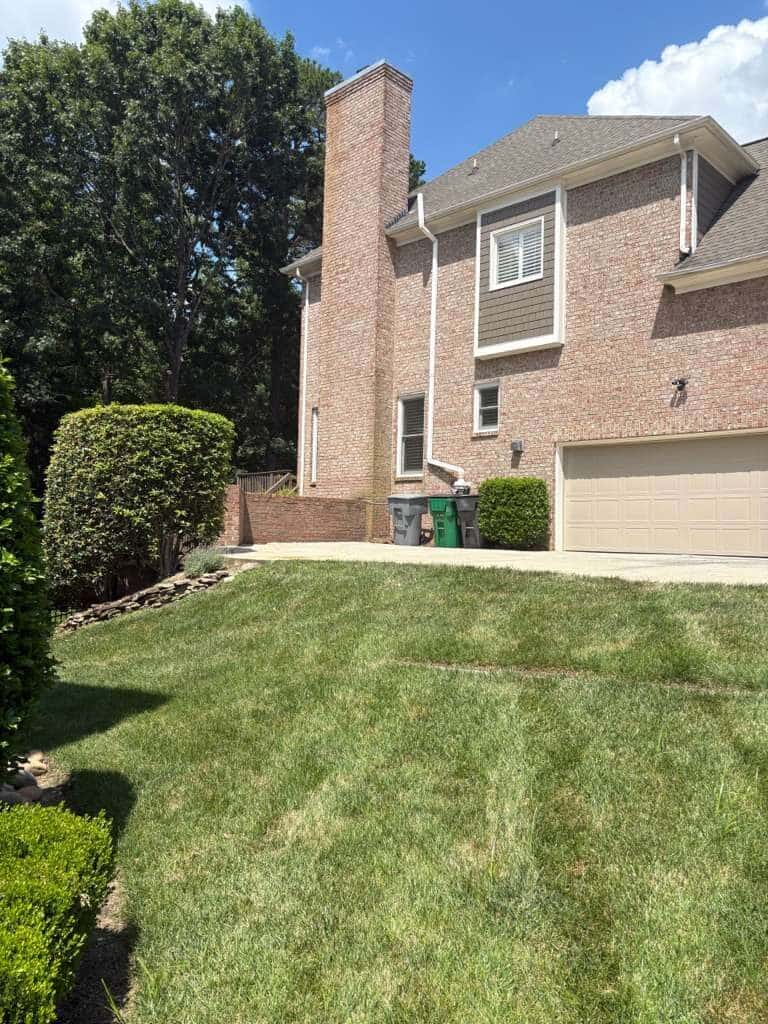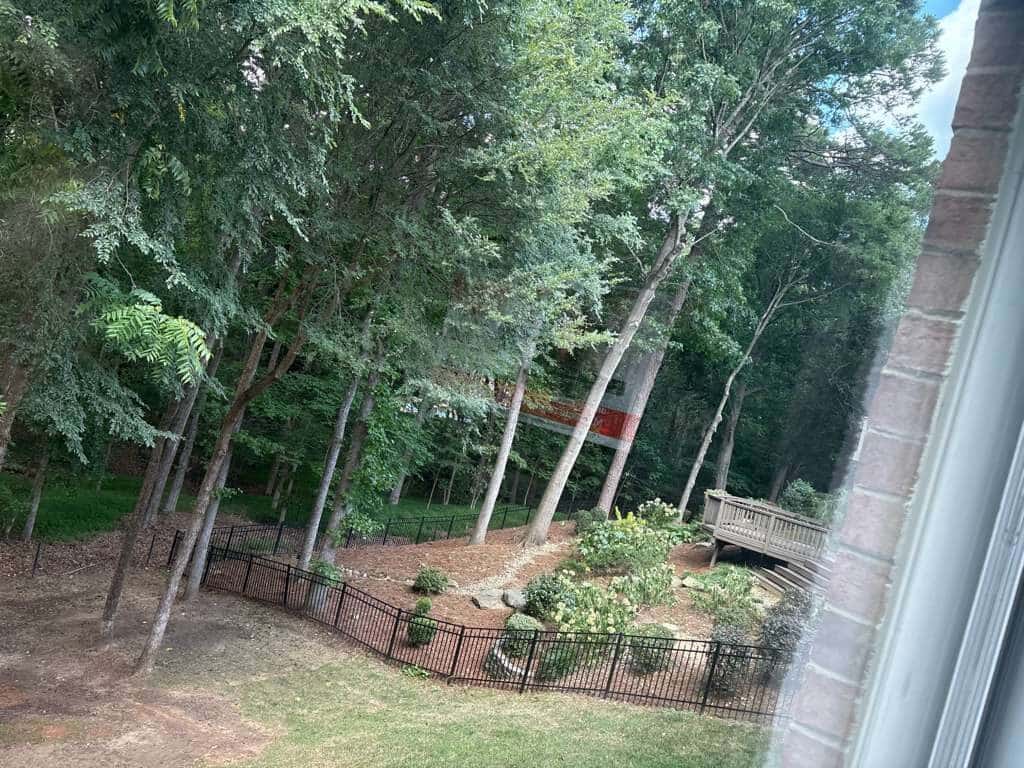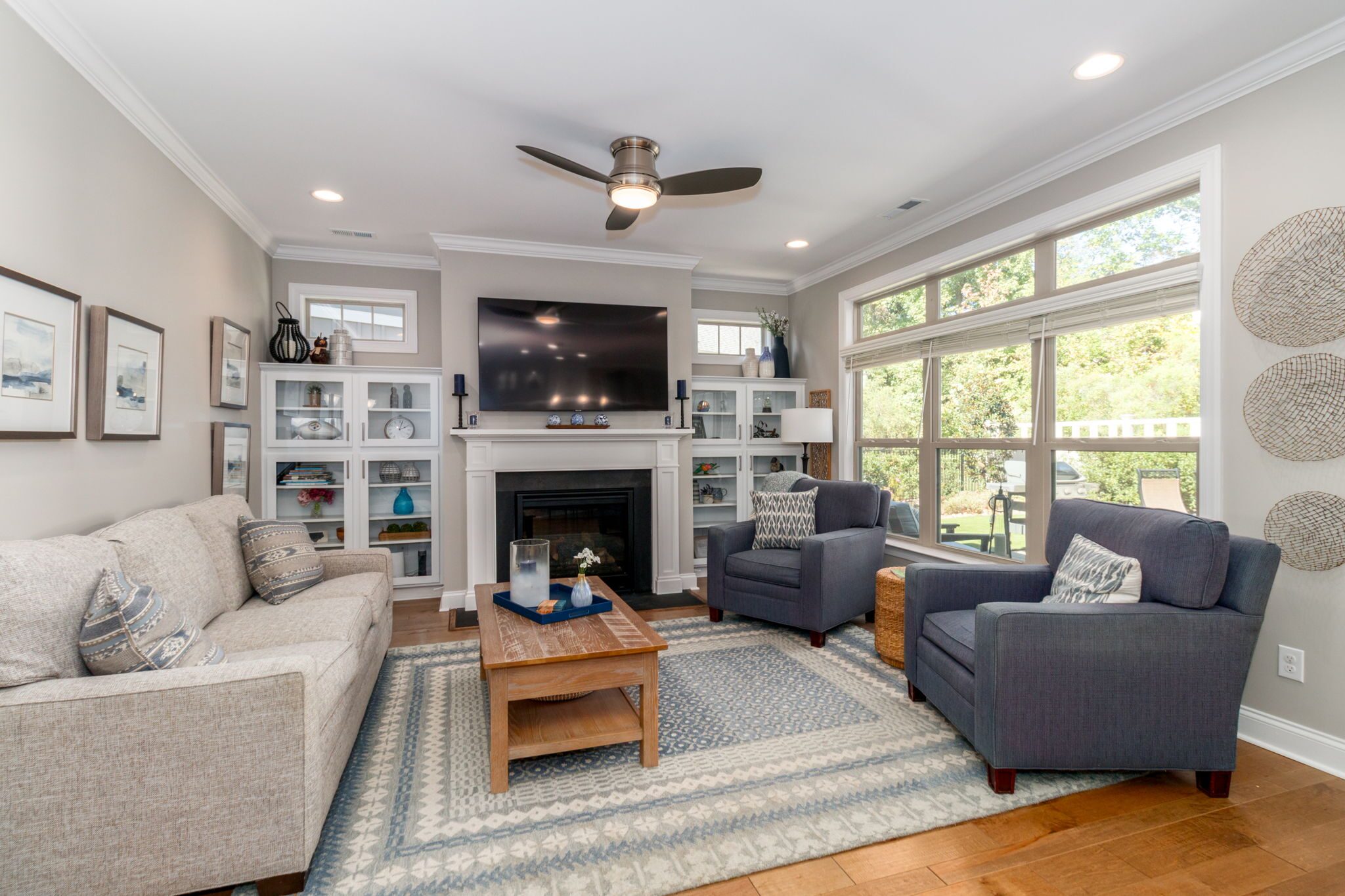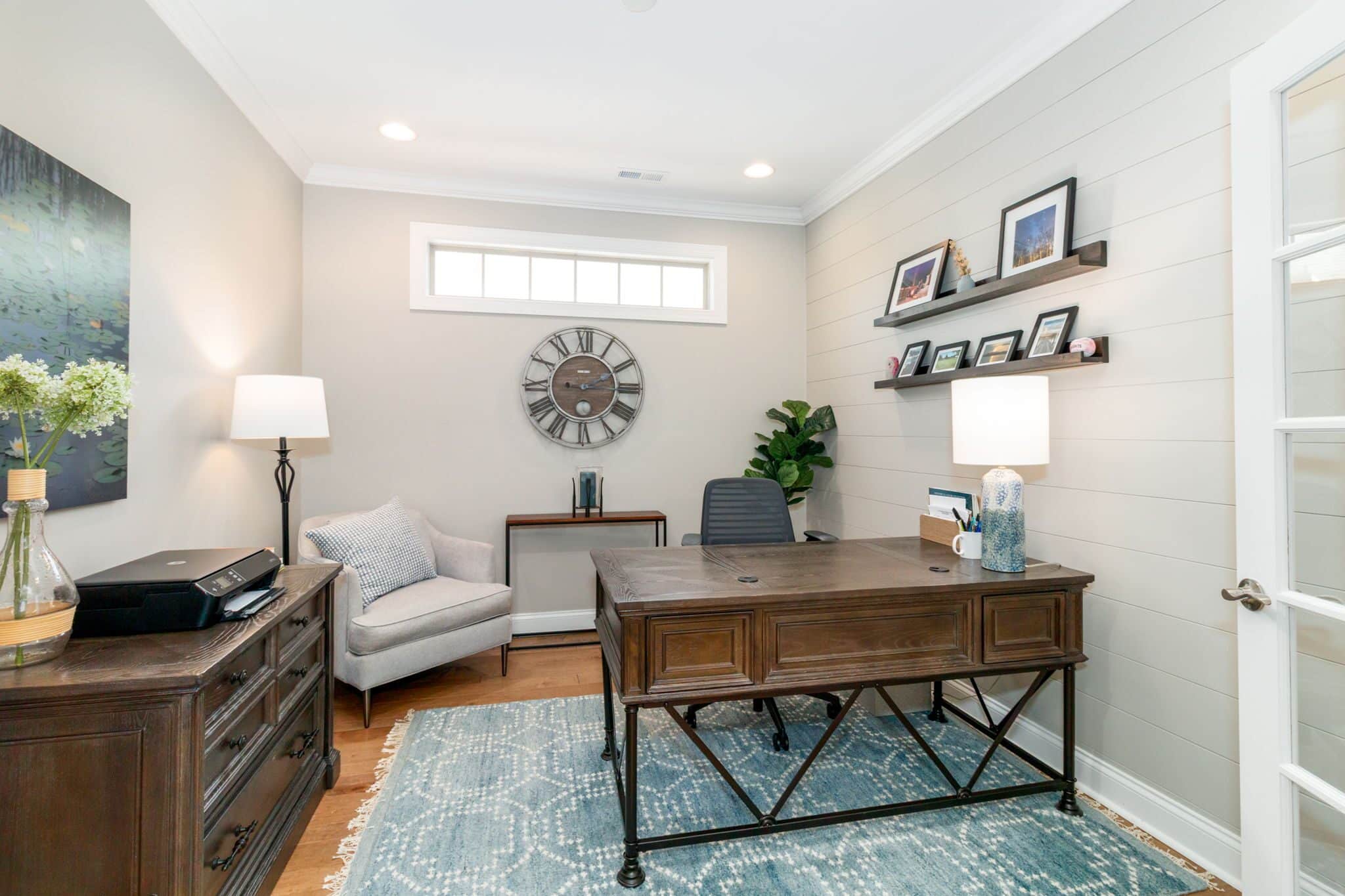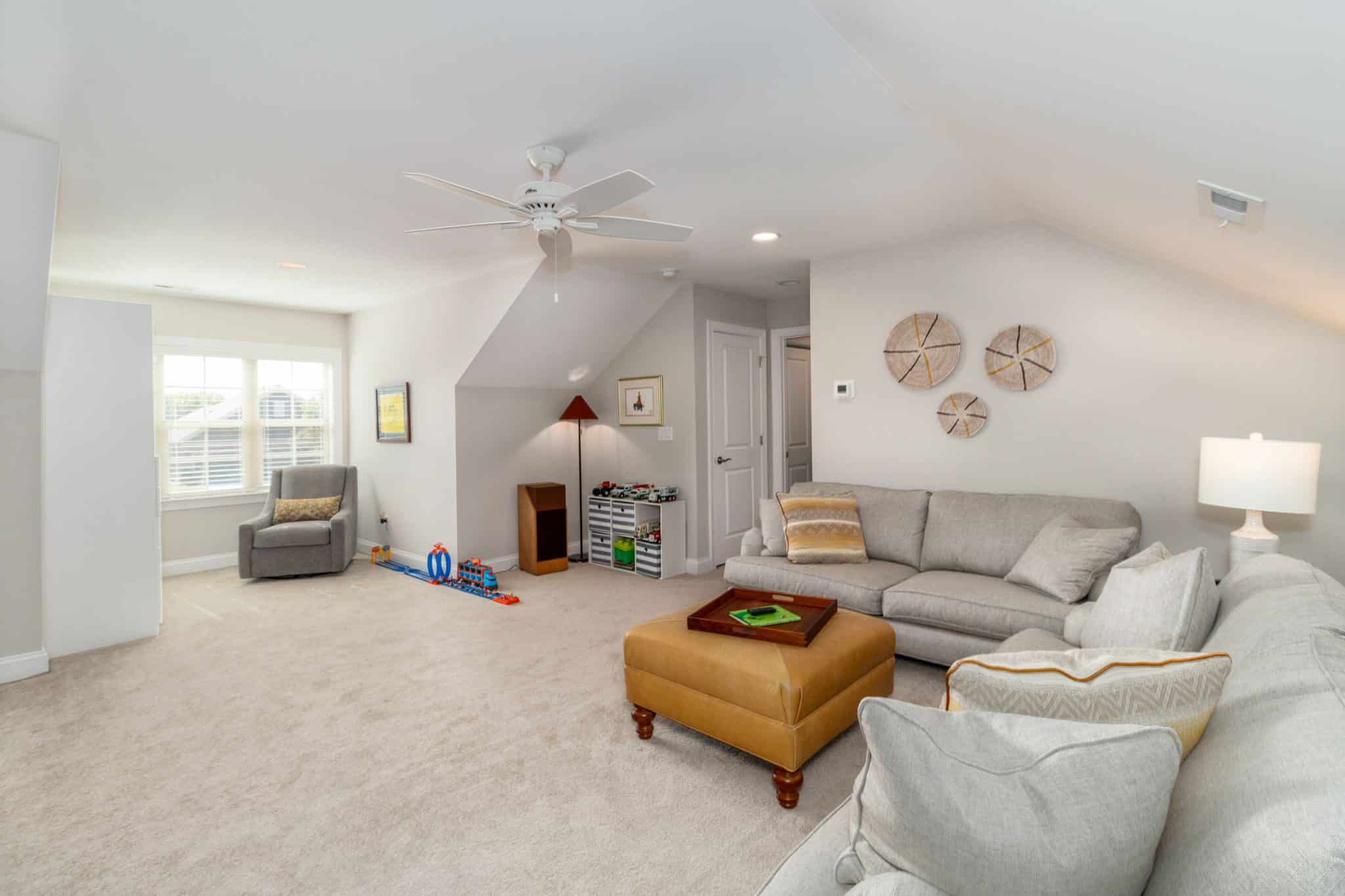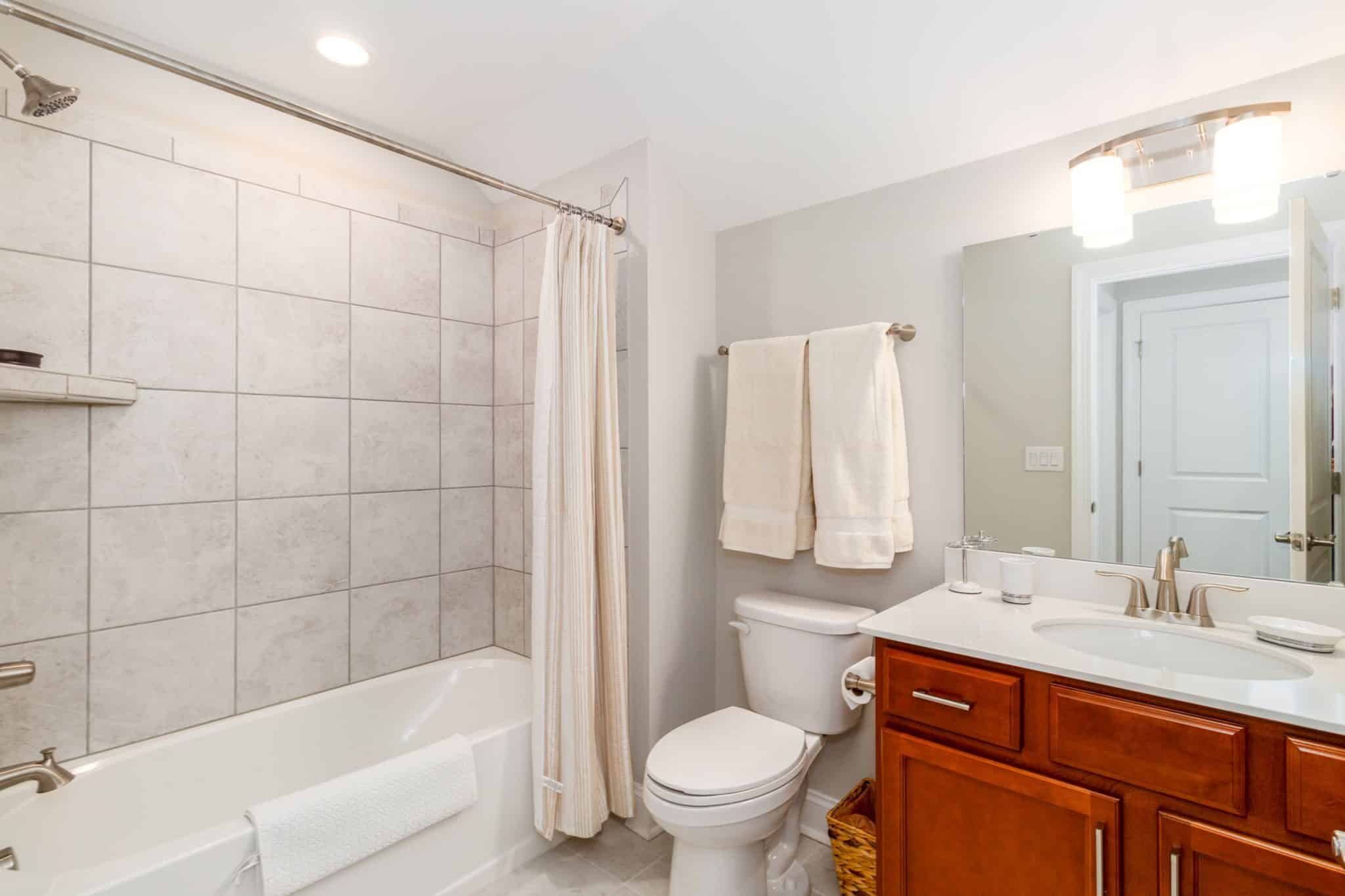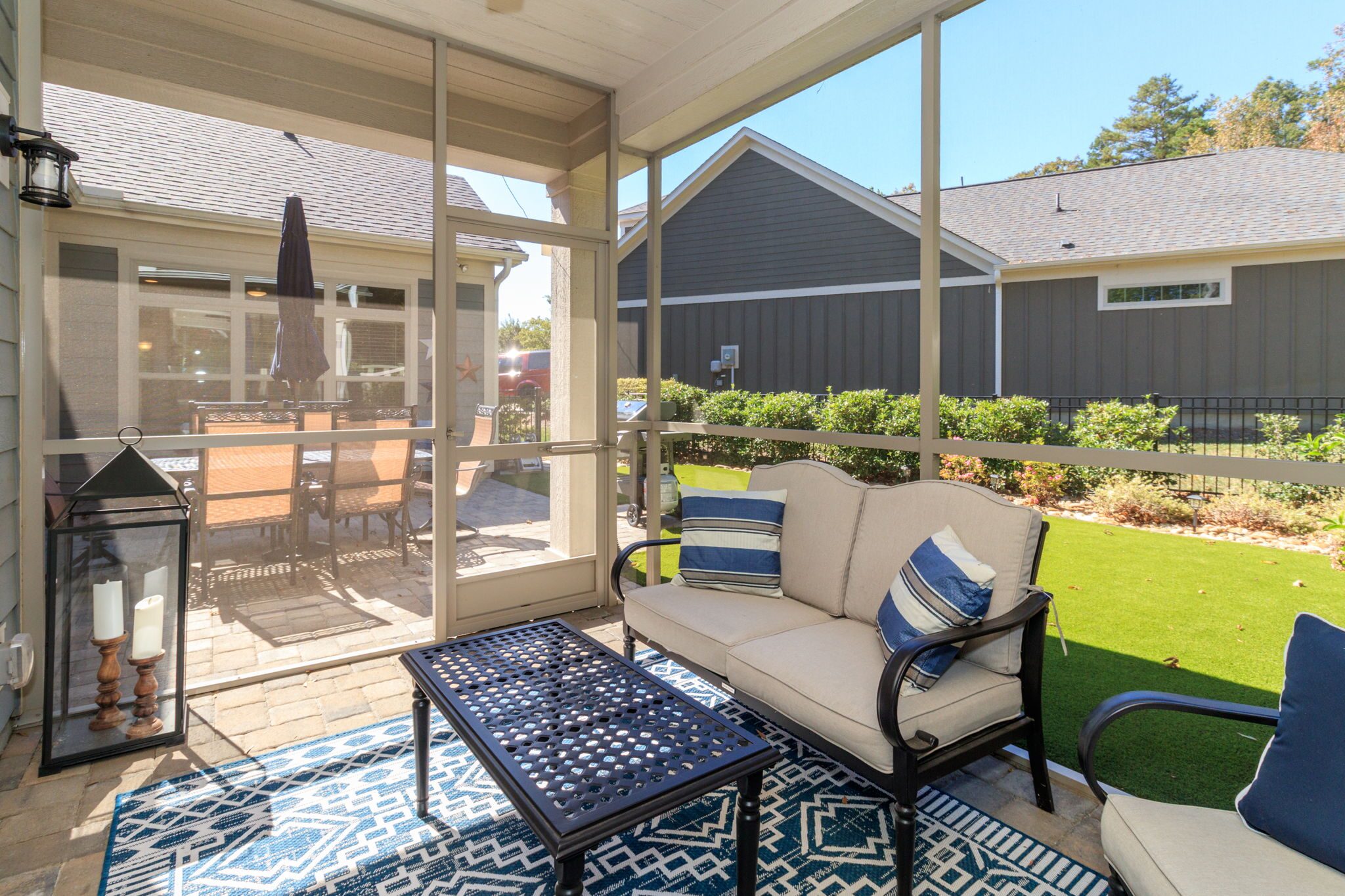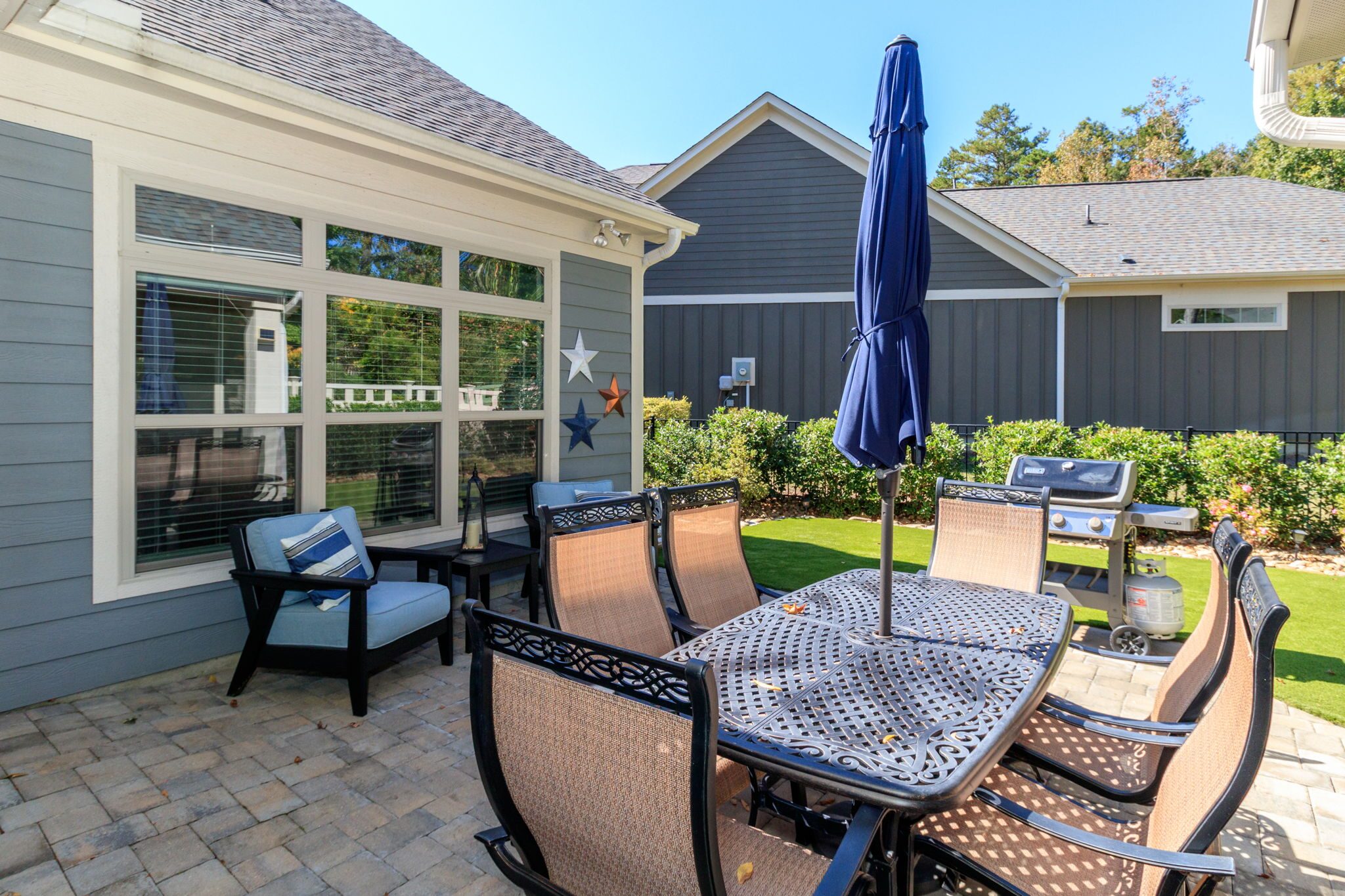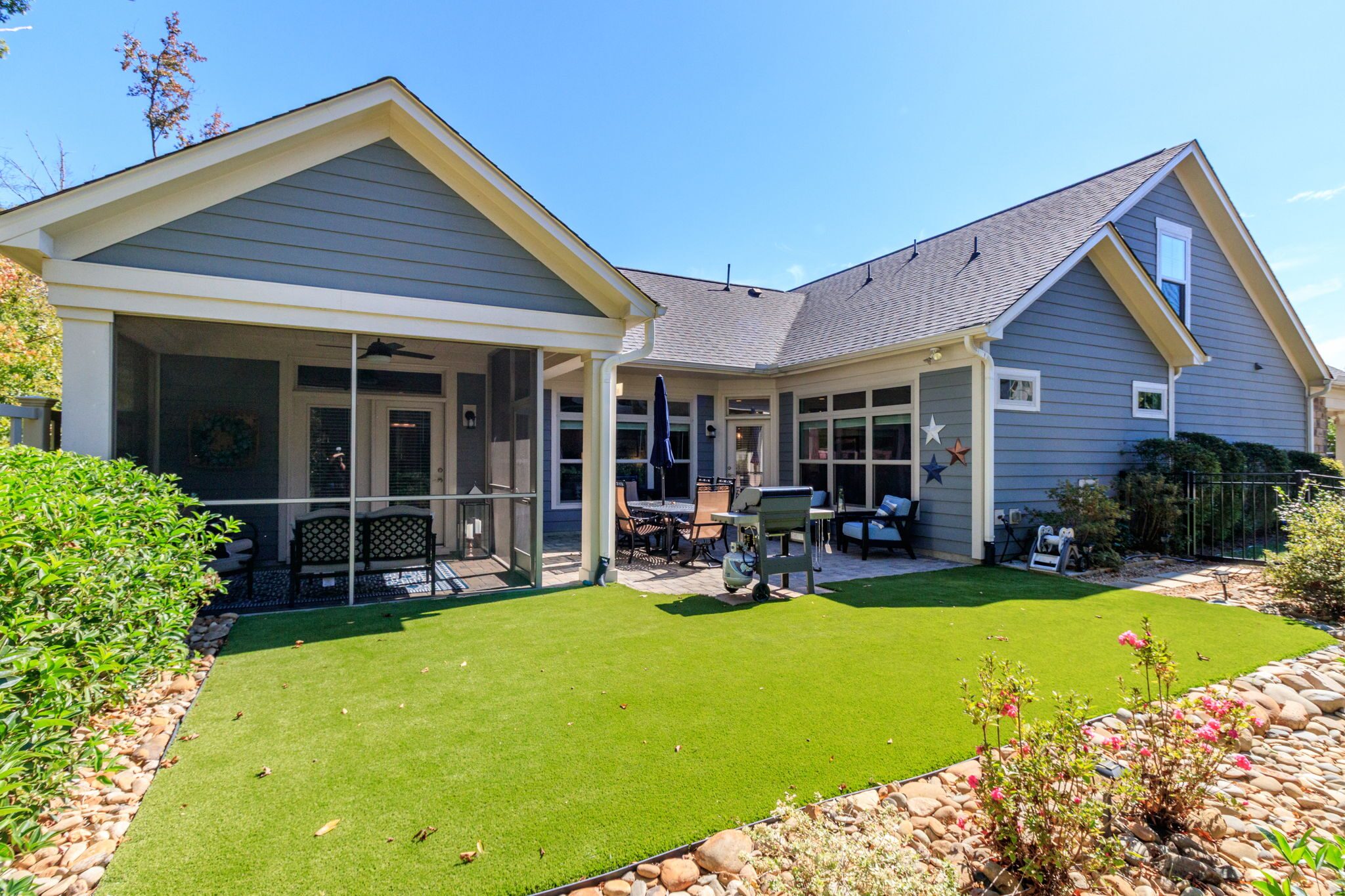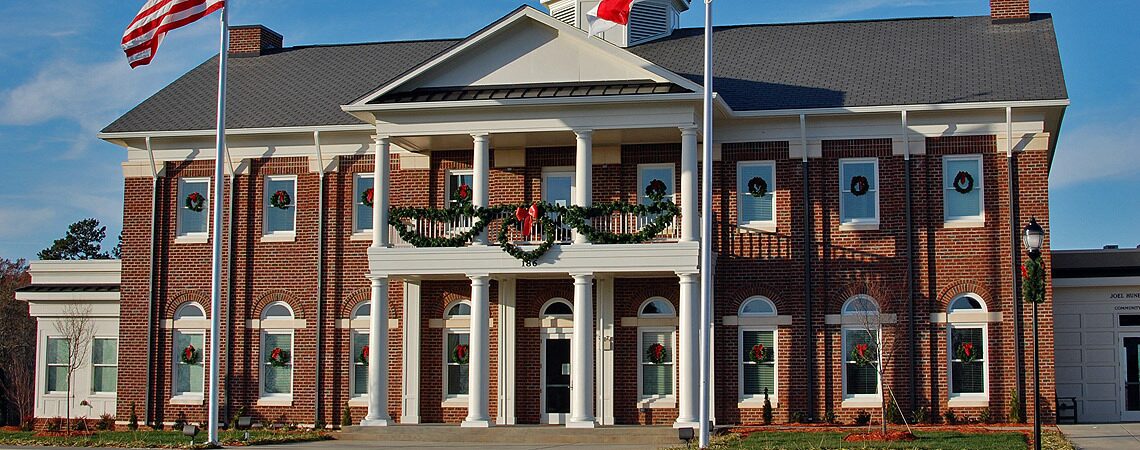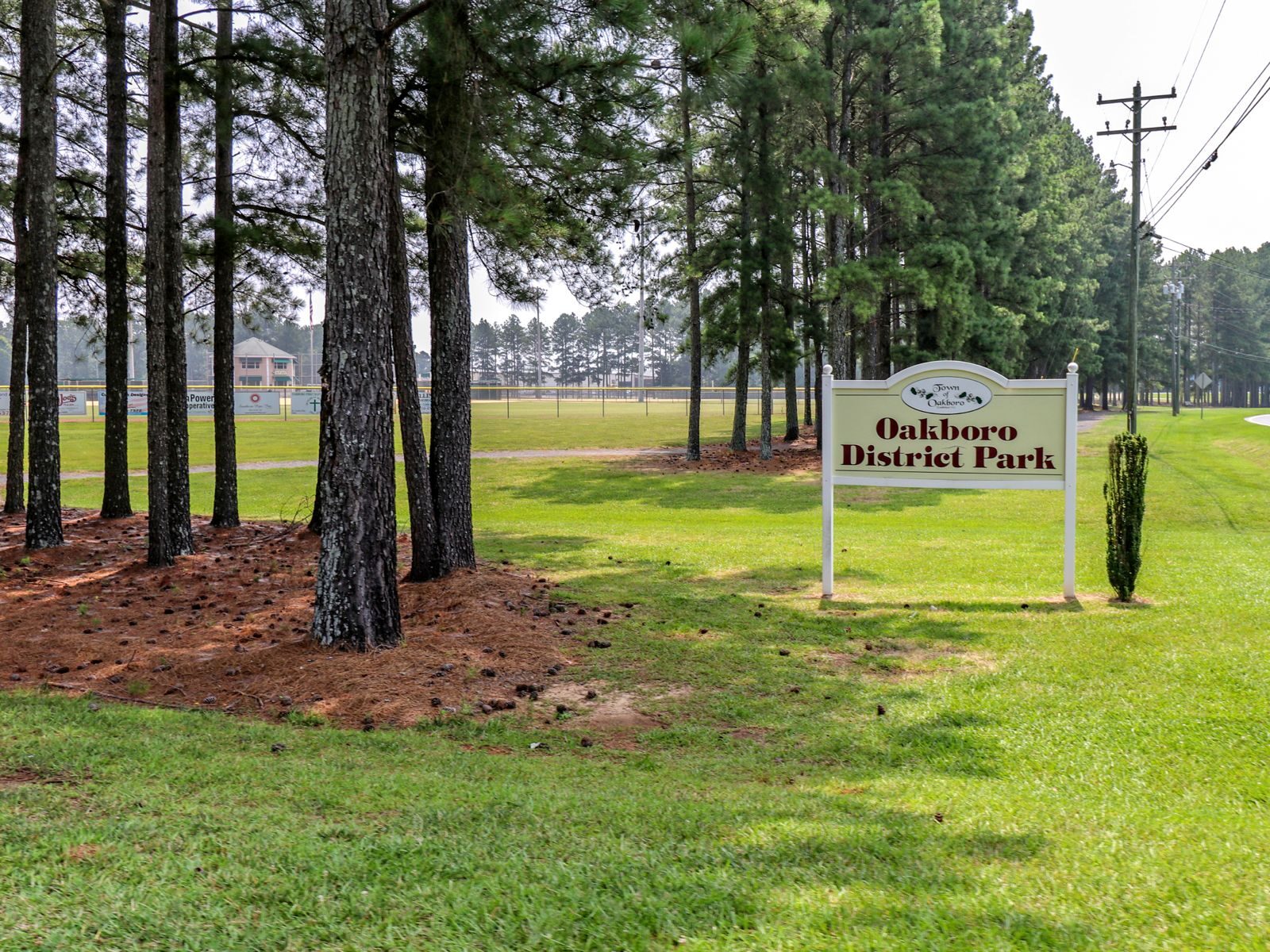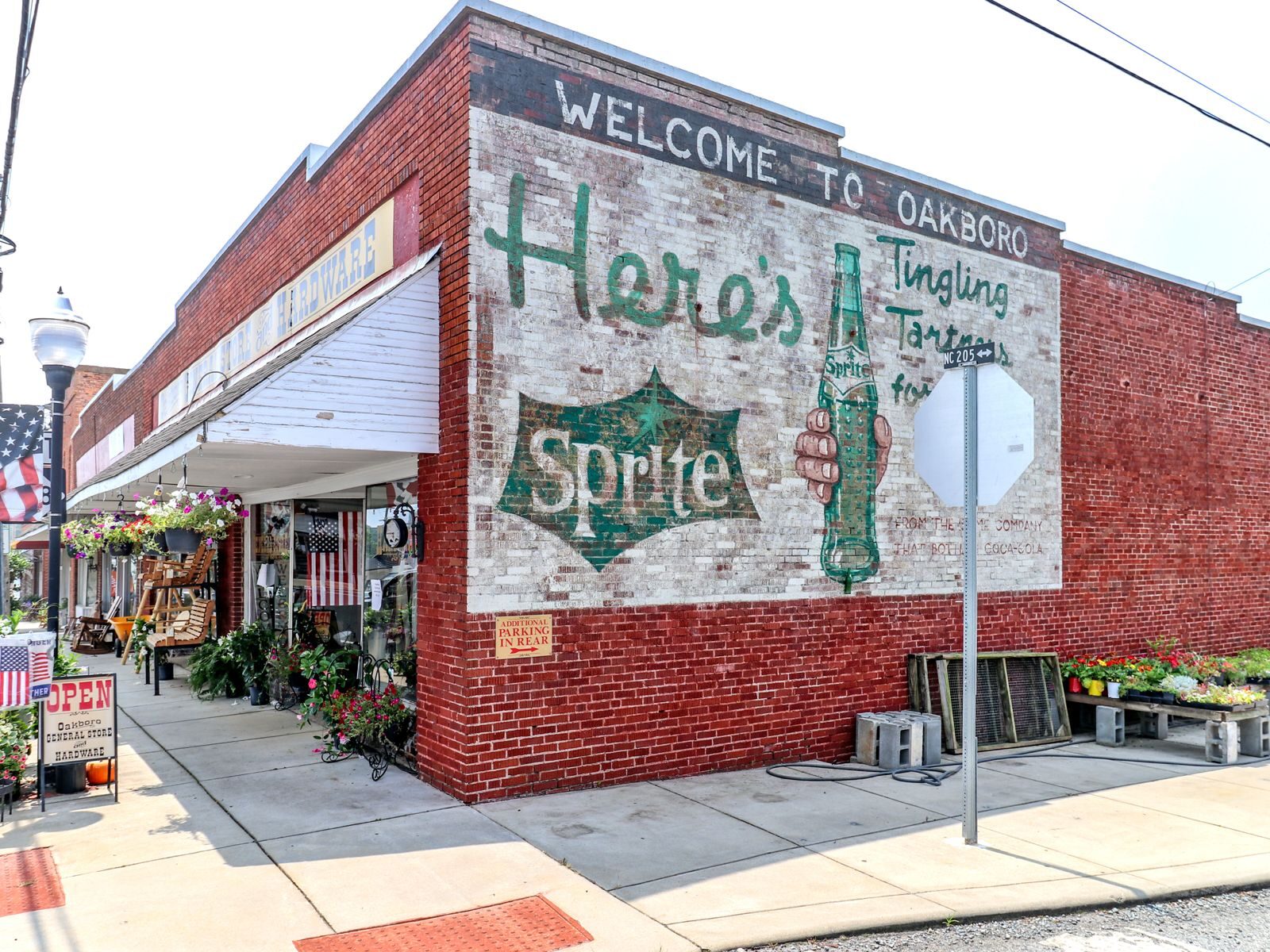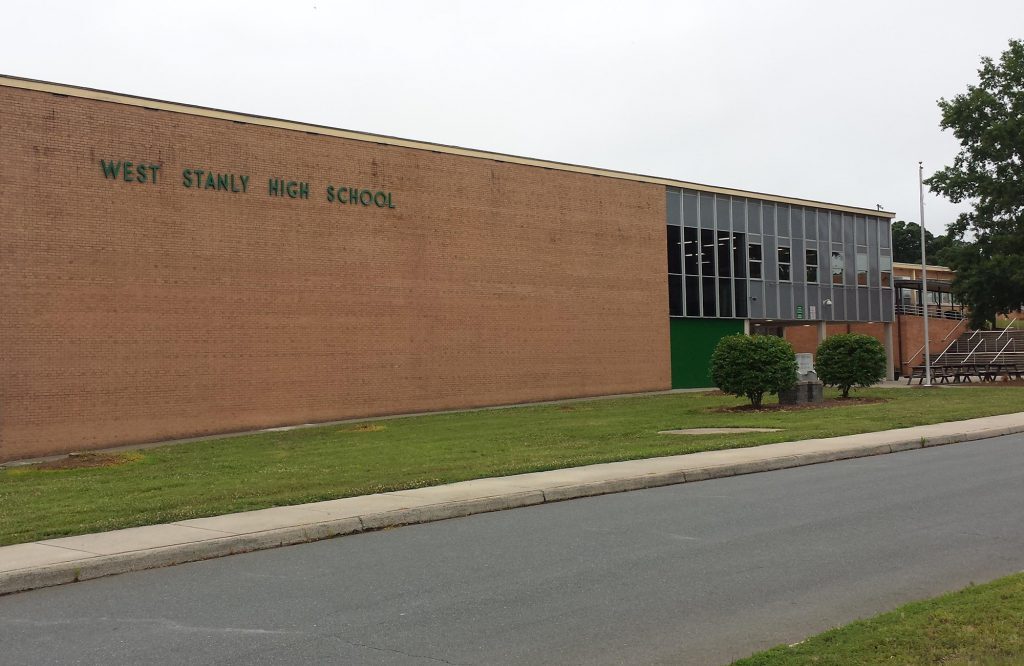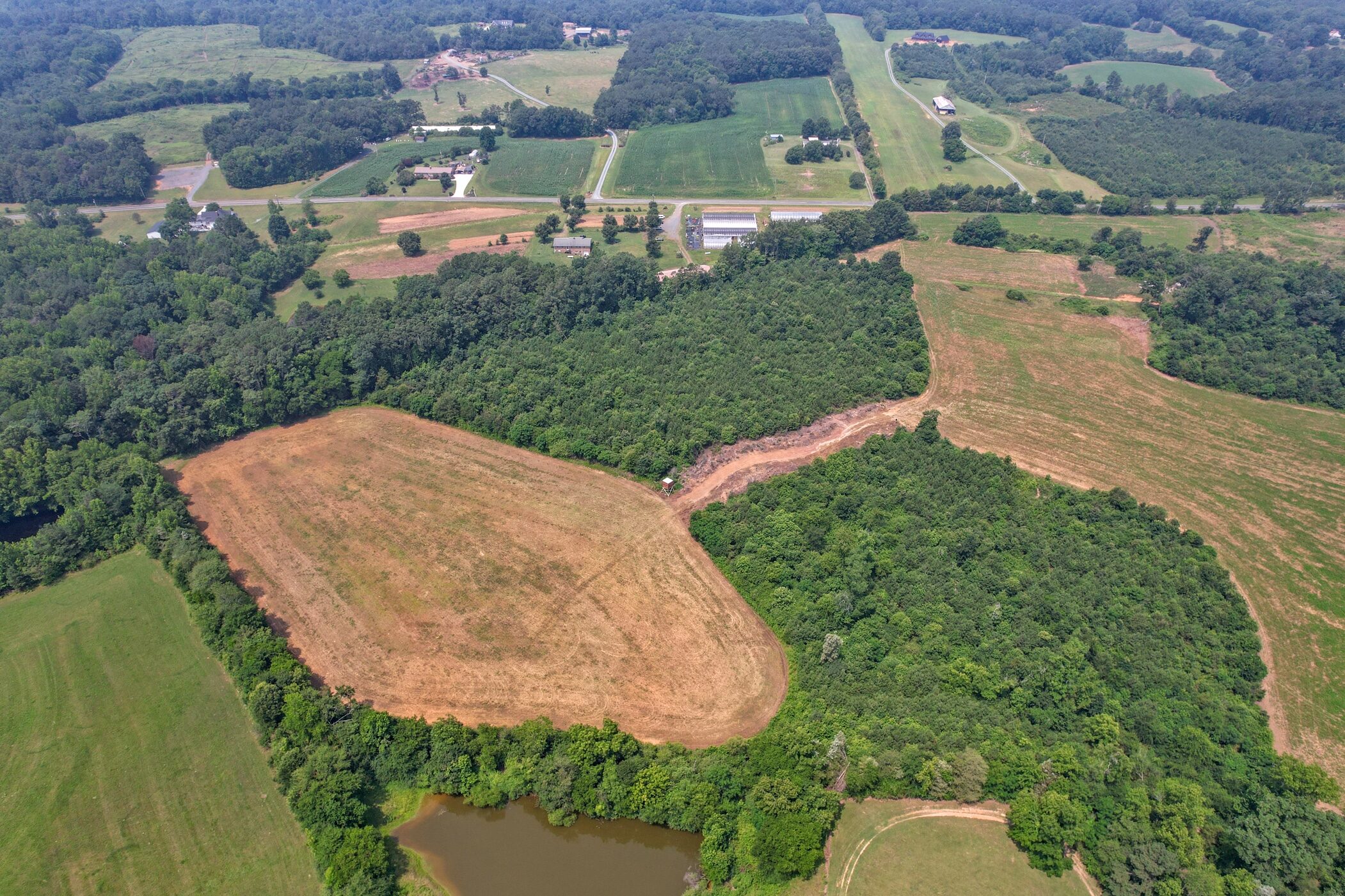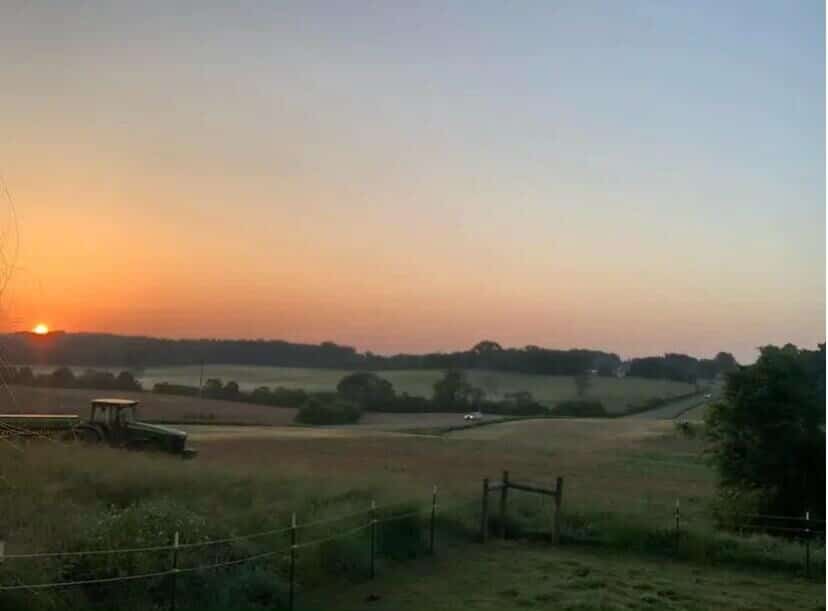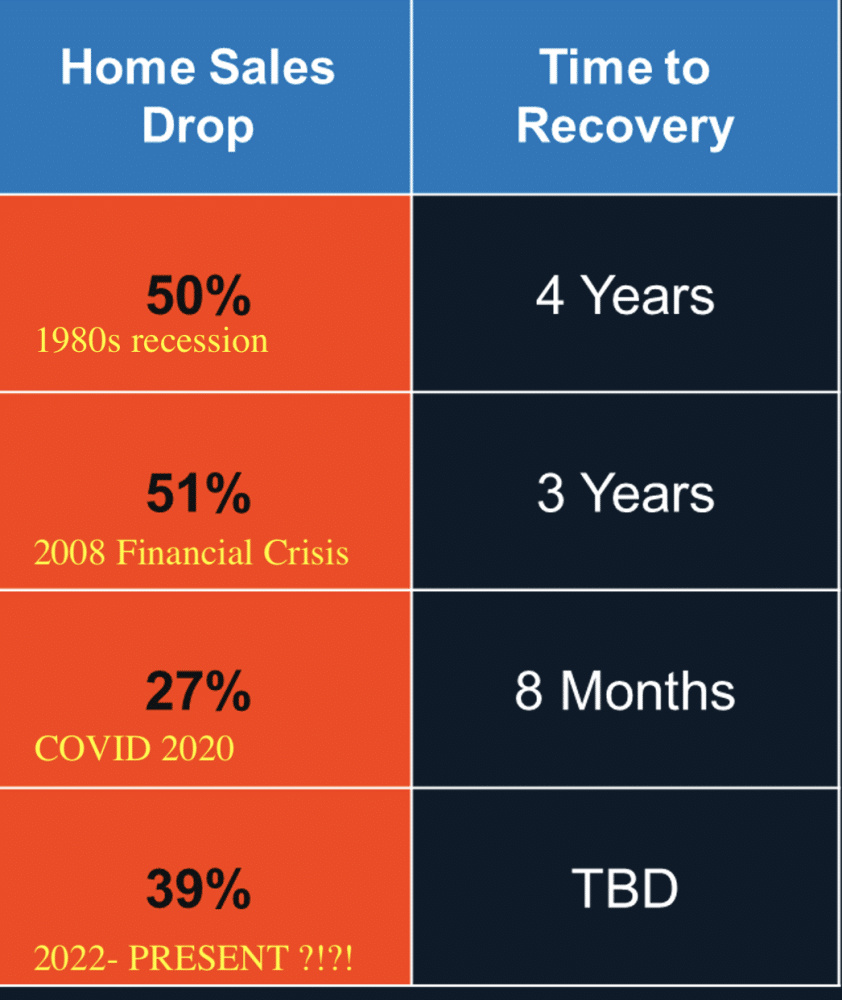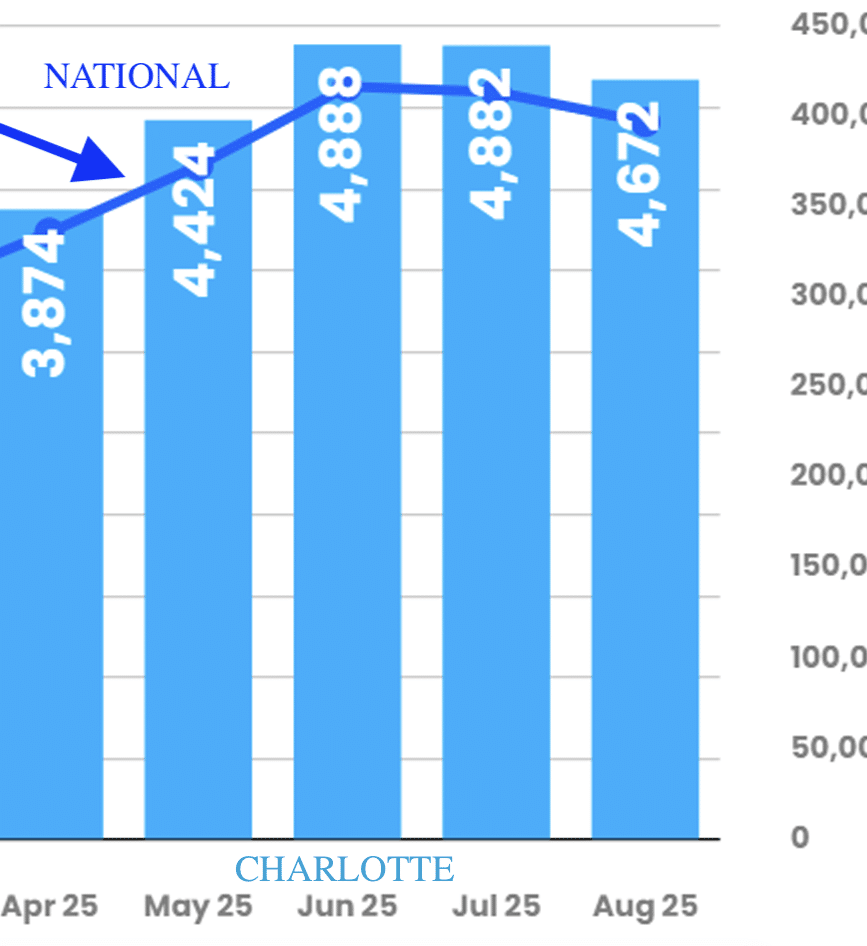Danielle Edwards House Hunters Charlotte Episode
The Danielle Edwards House Hunters Charlotte episode, which aired on HGTV, spotlighted the fast-paced Charlotte real estate market through the lens of relocation. As a Charlotte Realtor with nearly two decades of experience, Danielle guided her client, Lyndsay, through an intense weekend home search that ultimately led to the right decision.
Chicago to Charlotte: A Relocation in Real Time
Relocating from Chicago to Charlotte is not a small transition. Markets move differently, neighborhoods vary dramatically, and buyers must make confident decisions quickly. In this Chicago to Charlotte House Hunters episode, Danielle worked strategically to narrow options, evaluate communities, and secure the best fit within a limited timeframe.
Charlotte continues to attract buyers from major cities due to its expanding job market, quality schools, and strong long-term appreciation. Due to this growth, relocation buyers require both speed and precision. Danielle’s expertise ensures clients understand value, lifestyle alignment, and long-term positioning.
Why Charlotte Remains a National Relocation Destination
Charlotte’s appeal extends beyond affordability. The region offers diverse neighborhoods, proximity to major employers, access to outdoor recreation, and a growing cultural scene. For buyers moving from cities like Chicago, Charlotte provides space, opportunity, and strong investment potential.
As a Charlotte Realtor on House Hunters, Danielle demonstrated what real-world relocation guidance looks like. It is not about simply touring homes. It is about understanding commute patterns, future resale value, school districts, builder quality, and neighborhood trajectory.
Danielle Edwards HGTV Charlotte Background
With 18 years of experience in Charlotte real estate, Danielle Edwards is a RE/MAX Hall of Fame member and a recognized Five Star Agent in Charlotte Magazine. Her approach blends market knowledge with practical strategy. Clients benefit from direct communication, structured negotiation, and forward-thinking positioning.
Beyond real estate, Danielle’s background in competitive athletics and her role as a 1996 Olympic Torch carrier reflect her discipline and drive. That same focus carries into every transaction, whether it involves luxury homes, relocation buyers, or a new construction strategy.
How to Watch the Episode
The Danielle Edwards House Hunters Charlotte episode originally aired in 2025. It can be viewed through HGTV’s streaming platforms or via on-demand television services.
- Search for Season 255, Episode 13
- Episode Title: Chicago to Charlotte
- Available through HGTV Watch or the HGTV GO app
Considering a Move to Charlotte?
If you are relocating to Charlotte from another city, the process requires preparation and market awareness. Whether you are exploring neighborhoods, comparing builder quality, or evaluating resale positioning, Danielle Edwards provides experienced guidance designed for confident decision-making.
For buyers seeking a Charlotte real estate expert featured on House Hunters, this episode reflects the strategy, professionalism, and pace required in today’s market.
Stay tuned for all updates! Follow us on social media: Facebook, Instagram, and YouTube.
.
.
.
.
Top Charlotte Real Estate Agent As Seen on House Hunters Charlotte guiding her buyer, Lyndsay, on her relocation. info@soldondanielle.com | 704-604-2999 | Charlotte Real Estate Agent | Selling Charlotte since 2006 | Visit my YouTube Testimonials

